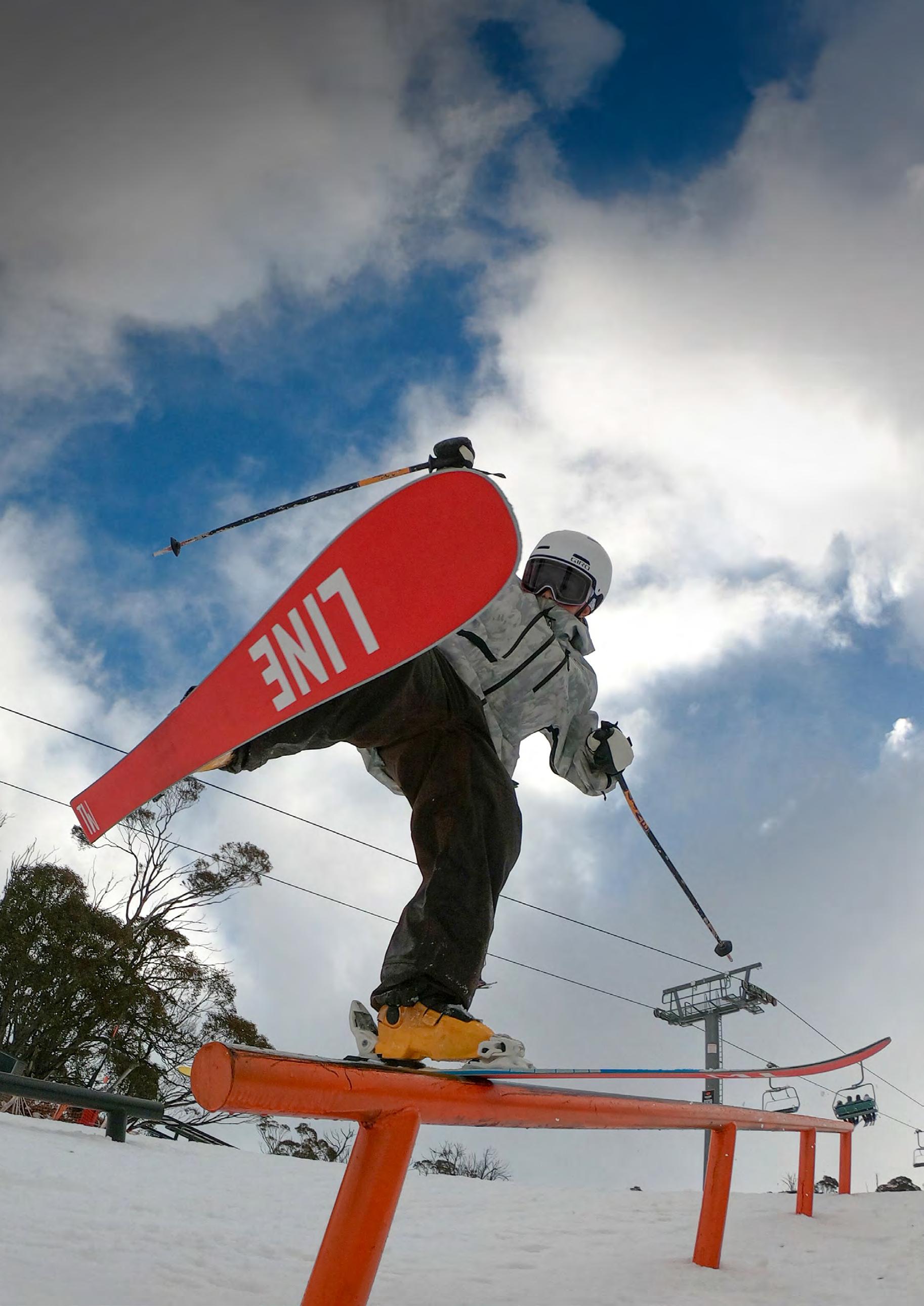

SPORT INTEGRITY MATTERS
ISSUE 18 | SEPTEMBER 2024
DEDICATED TO THE INTEGRITY CAUSE THREE SPORTS SHARE THEIR STORIES LET THEM HAVE FUN! MODELLING POSITIVE BEHAVIOURS WADA PROHIBITED LIST
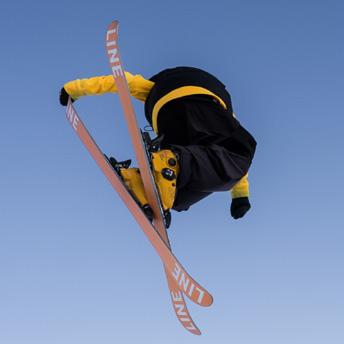
them have
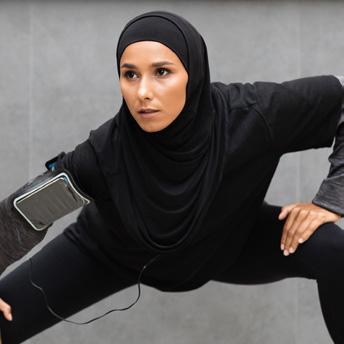

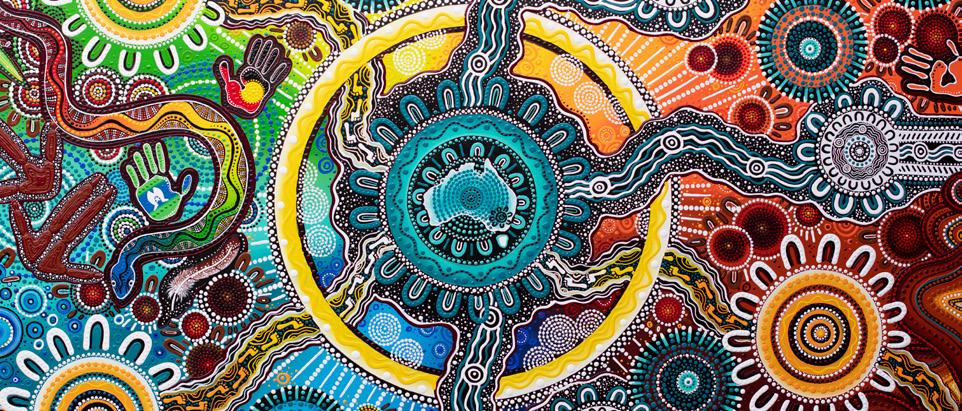
issues of Sport Integrity Matters?
Send an email to communications@sportintegrity.gov.au All feedback is appreciated.
© Commonwealth of Australia as represented by Sport Integrity Australia 2024 PERMITTED USES: This publication is not for general distribution. You may download, display, print and reproduce the whole or part of this publication in unaltered form for your personal use or, if you are part of an organisation, for internal use within the organisation to perform your duties or functions of your role. You or the organisation must not use the reproduction for any commercial purpose and retain this copyright notice and all disclaimer notices as part of that reproduction. This publication is copyright. Apart from uses permitted by the Copyright Act 1968 and this copyright notice, all other rights (including all commercial rights) are expressly reserved.
DISCLAIMER: The content of this publication is provided for information purposes only. The contents do not constitute legal advice and should not be used as such. Formal legal advice should be sought on particular matters. While the information contained in this publication has been formulated with all due care, the Commonwealth or its partners do not accept any liability to any person for the information (or the use of such information) which is provided in this publication or incorporated into it by reference. This publication contains links to external websites that the Commonwealth has no direct control over. It is the responsibility of users to make their own decisions about the accuracy, currency, reliability and completeness of information contained on linked websites. Links to external websites do not necessarily constitute an endorsement or a recommendation of any material on those websites or any third party products or services offered by, from, or through those websites. For further information please contact communications@sportintegrity.gov.au.
MESSAGE FROM THE ACTING CEO
Following the recent resignation of David Sharpe, I am excited to have been appointed as the acting CEO of Sport Integrity Australia (SIA). This is such an honour and my key focus will be to ensure continuity for the agency and further progress towards keeping sport safe and fair for everyone involved.
In my substantive role as Deputy CEO – Safety in Sport since early 2023, I have driven the agency’s response to sport integrity issues with a focus on anti-doping, integrity frameworks, safeguarding, education, capability and partnerships. I have developed a deep appreciation for the role that SIA plays in protecting the integrity of Australian sport and the importance of connection and collaboration with our partners across the sport sector.
Our agency remains committed to embedding and supporting existing priorities, including the National Integrity Framework and the invaluable National Integrity Manager’s network, with the safety of all involved in sport our collective goal. As you know, these remain works in progress as we collaborate with National Sporting Organisations, National Sporting Organisations for People with Disability and key stakeholders to fine tune and strengthen the framework and the processes. The feedback we have received to date has been invaluable and I encourage you to continue to work with us and offer your ideas.
Threats to the integrity of sport continue to evolve at an ever-increasing rate. These threats operate across the entire sporting spectrum (from grassroots to elite) with vulnerabilities exploited at all levels. Each integrity threat
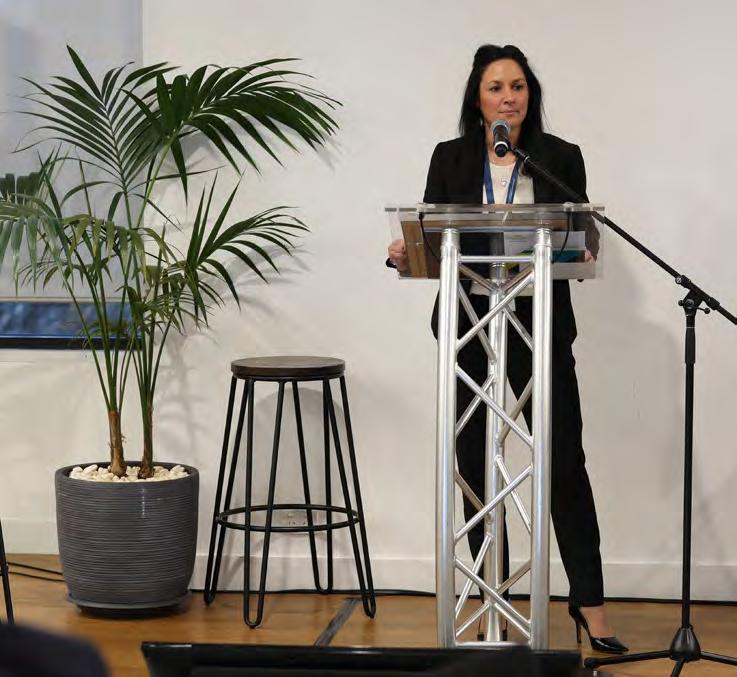

requires a different response, and in some cases, each sport may require a tailored approach. There is no ‘one size fits all’. But the common thread is that we all need to be connected to make an impact, and ultimately, a difference.
At SIA, our aim is to prevent integrity threats to sport by strengthening our collective integrity environment and remain positioned to respond and address issues as and when required. To achieve this we draw on various functions and expertise and our actions seek to educate and empower, deter and prevent, and detect and enforce to maximise our impact in both preventing and addressing threats to sport integrity. Built on a base of strong and trusted engagement with sporting organisations and athletes, designed to educate and empower to promote positive behaviours, our actions as a regulator and national coordinator are ultimately aimed to keep sport safe, clean and fair.
As an agency (and as acting CEO) we remain committed to continuous improvement of our programs and partnerships and constantly seek opportunities to strengthen the integrity environment based on local and international events and trends. There are a number of areas where we aim to work with partners and seek to further understand where we have a role to play, including: the movement of sanctioned individuals across sports and/or domestic or international jurisdictions; the ongoing issue of online abuse of athletes, and; ensuring athletes continue to have trust in the anti-doping system. On this topic, we have been working behind the scenes with relevant stakeholders to further trust and transparency in the anti-doping process, as we know that this is vital in ensuring confidence within the athlete community that they are competing on a level playing field.
I thank you for your continued commitment to protecting Australian sport and look forward to working together to make these protections stronger and sport safer.

DR SARAH BENSON Acting Chief Executive Officer
Dr Sarah Benson speaking at this year's Threats to Sport Integrity Law Enforcement Conference
Dedicated to the Integrity cause

A total of 89 recognised National Sporting Organisations (NSO) and National Sporting Organisations for people with Disability (NSOD) are now signed up to the National Integrity Framework (NIF). The NIF was developed to keep sport safe and fair and is a set of rules that all members of a sport need to follow when it comes to their behaviour and conduct.
Managing the NIF across sports are hardworking and dedicated National Integrity Managers (NIMs). Sport Integrity Australia (SIA) announced earlier this year the continued support and extension of the NIM program for an additional two years under the National Integrity Capability Enhancement (NICE) grant program.
We spoke with three National Integrity/Complaint Managers who are well on their way to embedding integrity within their respective sports under the NIF and asked them about their journey so far, their challenges and rewards.
Disability Sport Australia
Madeline Wood has been working in the disability sector the majority of her working life and has been the Integrity Complaints Coordinator at Disability Sport Australia (DSA) for the last two years.
Madi’s work does not end there. Her role at DSA also extends to business operations including human resource management and administration.
DSA is a smaller organisation and not your typical federated structure NSO/NSOD that has state and territory organisations and local clubs.
The mission of DSA is to enable more Australians with a disability to be more active more often. The DSA team, along with its army of volunteers, deliver sports events and programs across the country to ensure people living with disability have access to and can connect with sport.
Madi is committed to ensuring that everyone DSA connects with feels safe and protected.
“You want everyone to be able to participate and feel welcome, and then feel supported if something does go wrong.
“We’re working with vulnerable people living with disability; they deserve to feel safe and be protected.”
Madi is a fan of NIF and the work that SIA does to bring sports together with a universal approach to integrity.
Opposite: Madeline Wood
“No matter what sport you look at, it’s a similar process on the (sport’s) website.
“You know exactly what you’re looking for because every website is laid out in a similar way. Considering the different demographics, it’s essential that people can work out where to go on a website to lodge a concern or issue or to find out more information.”
“
You want everyone to be able to participate and feel welcome, and then feel supported if something does go wrong. We’re working with vulnerable people living with disability; they deserve to feel safe and be protected.
Integrity
As DSA relies on volunteers, they have deployed a new digital platform to help manage volunteers and ensure all necessary checks have been completed.
The Rosterfy system, for which DSA received a grant to implement, has helped streamline management of volunteers.
A normal day for Madi starts by logging into Rosterfy and checking if there are new volunteers who’ve signed up and if they have all relevant checks in place, such as working with children and vulnerable people.
“This often involves checking different state and territory policies in this area, so I’ve created a cheat sheet that I can quickly retrieve information,” she said.
“We also populate our events in Rosterfy, however volunteers can’t see the events until they reach a checkpoint where all their integrity checks and information is ticked off.
“Although the system took time to set up initially and still requires some finessing, it’s made our operations far more efficient.”
DSA is also currently undertaking an audit of all its policies and procedures.
Madi is working closely with the governance committee to ensure DSA policies align with the NIF, in particular, safeguarding.
“Another body of work where improvements are being made is around onboarding employees.
“We’re actively recruiting new employees with lived experience to run our events too,” she said.
“We’re working hard to ensure we advertise and onboard them correctly, with all of the child safety requirements in check.
“We also use another tool called employment hero. This tool helps with track whether employees have completed all the relevant safeguarding checks and training.”
Madi’s advice for other sporting organisations implementing the NIF is to be brave and ask questions and to utilise the resources created by SIA.
“Signing up to the Safeguarding in Sport Continuous Improvement Program has also been really helpful.
“You get your own caseworker, so it’s easy to ask questions and get answers.
“Networking is another advice tip I’d give. Attend conferences, meet new people, talk to them, be present in the conversation and share information.
“This is new for everyone; we’re all in the same boat, so let’s help each other out.
“Importantly, really understand why it is we’re doing this; if people understand why we’re doing it and why it’s important, then there’s more buy-in and they’ll be more driven to do it too.”
Importantly, really understand why it is we’re doing this; if people understand why we’re doing it and why it’s important, then there’s more buy-in and they’ll be more driven to do it too.
Did you know?
We can manage complaints that relate to safeguarding children and young people, and discrimination related to a ‘protected characteristic’ on behalf of sporting organisations that are operating under the National Integrity Framework.
In 2023−24: J 181 integrity related cases were evaluated, and J 73 integrity related cases were managed through education.
Learn more www.sportintegrity.gov.au/report
Snow Australia and the Olympic Winter Institute of Australia
Jen Krawczyk is the National Integrity Manager (NIM) for Snow Australia and the Olympic Winter Institute of Australia (OWIA).
While she’s known as ‘Integrity Jen’ in the snow sports community, she is mindful that sport integrity is everyone’s responsibility; that is why she’s working hard to ensure the snow sports community is aware and educated.
With 10,000 participants and 20 clubs in addition to high-performance athletes, it’s a busy job, but one Jen thrives in. She has been in and around sport and integrity for much of her working life. Previous engagements include horse racing and curling.
When Jen saw the job advertisement for the NIM, and living in the Mount Hotham/Falls Creek area, she expressed an interest.
“I thought it was a really interesting concept, the idea of a national framework that all sports sign up to,” she said.
Her job has been made easier by deliberate positioning of her role by Snow Australia and the OWIA as very front facing.
“I meet with the (high-performance) athletes every year; they all know me by name,” she said.
“They’ve had lots of education, so they’ve (OWIA) been very clear that they want me to be a key part of the broader team.
“With Snow Australia I have a great level of engagement; I engage with the clubs, programs and executive.
“The CEOs and Boards of both OWIA and Snow Australia have been very clear about what my role is and how important it is.”
When asked why integrity in sport is something she is passionate about, Jen immediately points to safeguarding children and young people.
“I feel very strongly that you want people to be able to enjoy sport to their utmost. Sometimes it’s an escape for people and you want it to be a safe space,” she said.
“And then the flip side is that the nature of sport is that it presents a number of opportunities and risks, so therefore we need to be mindful of them, aware of them and plug those gaps.”
On commencing the role, Jen’s focus was firmly on education.
“We made sure people were aware of the NIF, that there was a NIM, what that broadly means and how they can access me."
More recently the focus has been on child safe practices.
The National Snow Training Centre recently opened in Jindabyne. This is a facility where Snow Australia has been able to implement child safe standards and directly engage with clubs.
“I’ve done a lot of education with our clubs,” Jen said.
“We don’t have state bodies, so we’re the national body and the next layer down is clubs.”
Key to her success so far in creating education and awareness around implementing the NIF is a structure that allows Jen to influence clubs.
“What we’ve got is a recognised pathway program. In the last year we’ve been working to tighten that up. So, when clubs apply to be part of that, there’s a certain standard that we’re asking them to meet, and within that we can include all our education requirements and adhering to child safe standards.”
Integrity

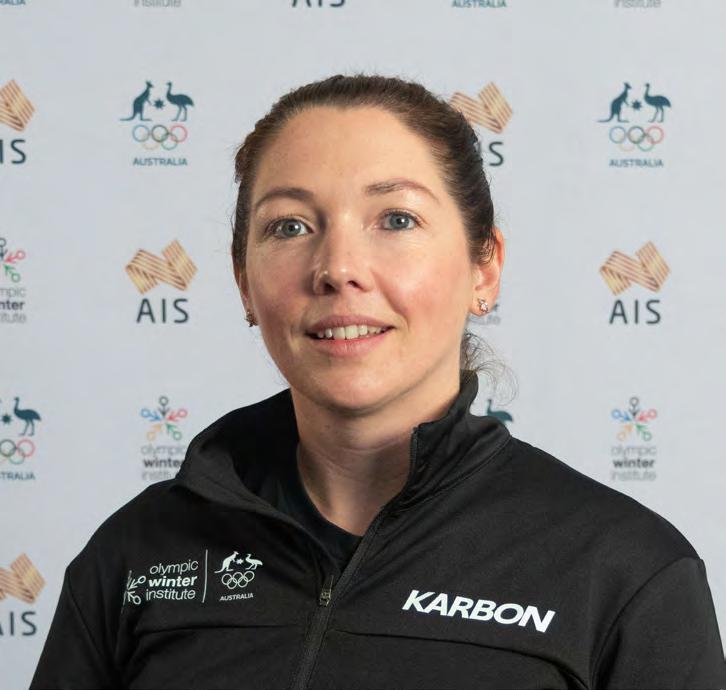
Jen also works with Snow Australia’s Emerging Talent Program.
“They’ve been really good at education, awareness and passing the right information onto parents.”
And work in this space is a success. A survey of parents around information on child safety revealed the amount and quality of information being passed on is “just right”.
“We don’t want to overwhelm, but we want to make sure that it’s something people are talking about all the time.”
Protecting sport is everybody’s responsibility and Jen is trying to upskill to ensure that responsibility is shared.
“Managers should understand recruitment checklists and child safe standards.
“Teams running programs need to be across everything; it can’t be one person’s responsibility to ensure that child safety is happening across the board.”
Jen agrees that good governance is a must to success in the integrity space; something that can be difficult for smaller sports or purely volunteer-led sports organisations.
She’s also of the view that people need to learn that integrity is not complex.
“If you’ve got good personal values you won’t be breaching any of these policies; so don’t be frightened of integrity.
“The policies are there to assist if it goes wrong and there is an issue, but if you’re adhering to the code of conduct and behaving responsibly, it’s highly unlikely you’ll to be breaching integrity policy.
“ Managers should understand recruitment checklists and child safe standards.
“This is the type of education we’re moving towards, particularly with our high-performance athletes. They’ve got their values, so they’re policing their own behaviour through their values.”
Understanding integrity is important and Jen likes to describe it like an onion.
“If you’ve got a safe environment in the middle, the first layer of protection of that safe environment is the values and behaviours that the team operate on.
“The next layer out might be the policies, and then the next layer out is the code of conduct, then after that is where the integrity framework comes in.
“And then the outer layer is your recruitment; you only let people into the onion that have met your standards.”
The next steps for Snow Australia and the OWIA is joining up to the Safeguarding in Sport Continuous Improvement Program. In the meantime, they’ve created their own safeguarding action plan and are working through the steps.
“We’ve almost completed our first layer of what we want to do in child safeguarding and now we’re taking it to the next level, further integrating the child safe standards is a key one.”
Top tips from Jen
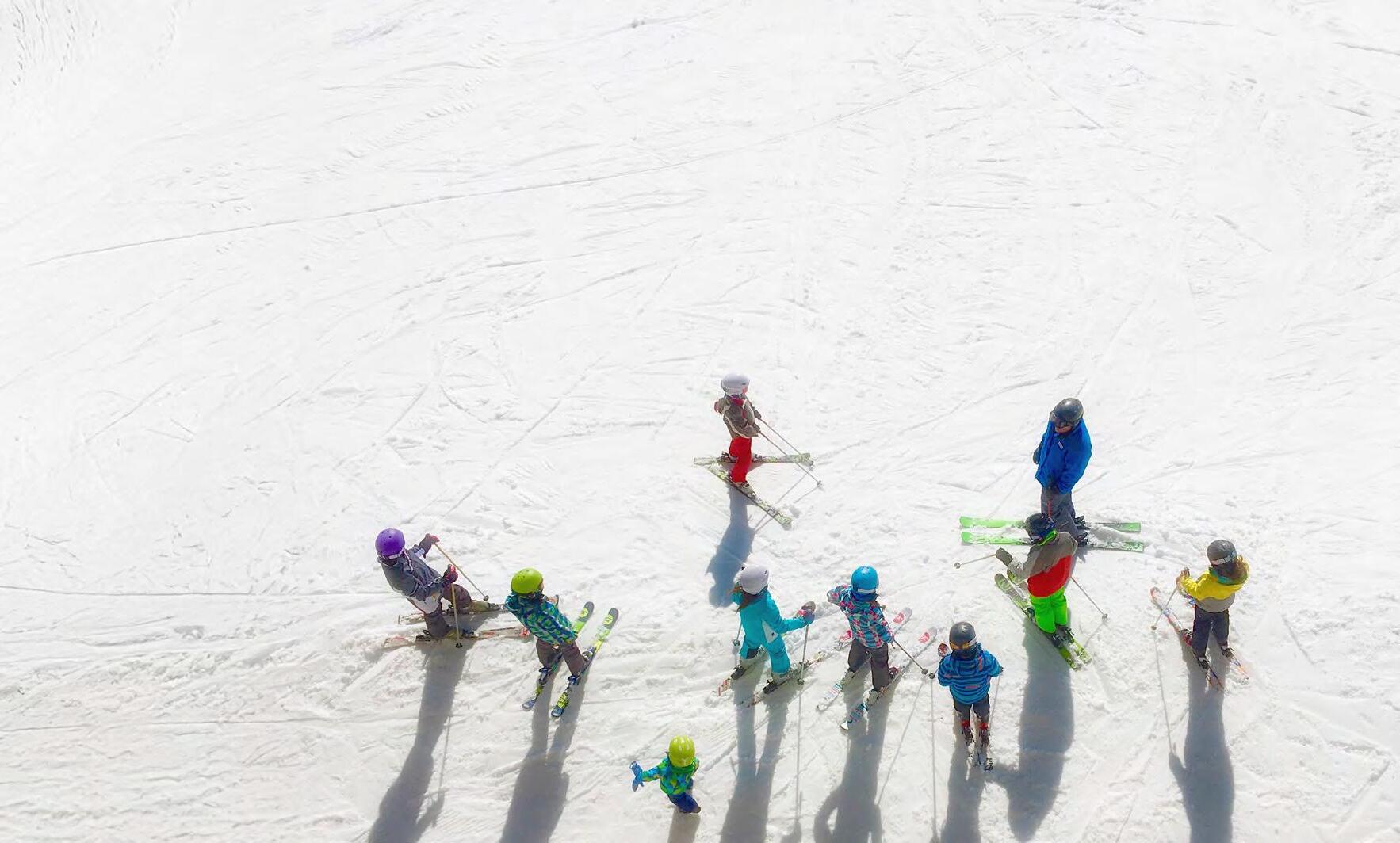
Take time to set up your processes and understand what is important.
Make time for building relationships within your sport – establish trust.
Identify priorities and triage to avoid being swamped.
Set values in line with integrity and promote good culture.
Jen Krawczyk | image courtesy Snow Australia
SWIMMINGAustralia
In March 2022 the Swimming Australia Board adopted the NIF which came into effect on 1 June 2022. Under its constitution, all policies are binding on its member organisations, ensuring that the NIF applies throughout the swimming ecosystem.
The NSO has worked closely with Sport Integrity Australia to develop resources specific to swimming to assist its members (clubs, participants, coaches, volunteers and technical officials) to adhere to the rules set out in the NIF.
The organisation’s policy intent is clear. Swimming Australia has a zero-tolerance policy to harm, abuse and/or neglect of children and young people in any form.
Lydia Dowse and Scott Elliott are two dedicated Swimming Australia team members who look after integrity, complaints and compliance.
Lydia is the NIM and Scott is the Complaints and Compliance Manager. The pair work to support 800 clubs who together have more than 80,000 members.
The remit of the pair’s work is large, covering all aspects of integrity: safeguarding, member protection, anti-doping, competition manipulation and sport gambling, and general code of conduct matters.
Ensuring they can reach everyone from those at the grassroots from remote country clubs and larger metropolitan clubs to those within our high-performance space, is work they find both challenging and rewarding.
Lydia has been with Swimming Australia for seven years and is a former sports lawyer, while Scott is two years in and was formerly an intelligence analyst and investigator. Coming from diverse professional backgrounds gives them different perspectives which they see as an advantage when resolving problems and conflicts.
Lydia said her role has broadened a great deal since commencing, moving from safe sport to the full gamut of integrity. However, it’s a role she’s passionate about.
“It’s inspiring to be part of a 130-year success story in sport,” Lydia said.
“Swimming is such an iconic sport in Australia.
“If I reflect on the way that our successful Olympic and Paralympic athletes presented themselves to the media in Paris, they showed great sportsmanship and honoured the spirit of Olympism; those swimmers deserve to be supported by a broader team that is invested in and has their best interests at heart.”
Likewise, Scott said that coaches play an important role from community through to high performance.

Integrity
“ It’s about supporting and enabling club committees, coaches and key stakeholders to understand their role in making our sport safe. Our focus is on continual improvement in integrity and governance.
“This role is an opportunity for me to be involved in positive reform,” Scott said.
“It’s about supporting and enabling club committees, coaches and key stakeholders to understand their role in making our sport safe. Our focus is on continual improvement in integrity and governance.”
Lydia and Scott regard good governance as the cornerstone of integrity and compliance.
Swimming Australia has both an Integrity and Ethics Committee on its Board, and a National Integrity Committee comprising Member Organisations.
“This provides a shared sense of purpose and direction to ensure that we are aligned on our strategic vision,” said Lydia.
As one of the larger NSOs, Lydia and Scott’s work with the state and territory swimming organisations is key in filtering information down to clubs across the country and their members.
Scott Elliott and Lydia Dowse from Swimming Australia
Integri Integri

NIF Phase 2
As some sports near completion of Phase 1 implementation of the NIF, SIA has commenced the design and development of the Phase 2 Implementation Guide, which provides additional actionable steps for NSOs/NSODs to work through to implement the NIF deeper into their sports, including at the state and local level.
The Phase 2 launch is scheduled for early 2025 and SIA will continue to work closely with sports to support them through the implementation process and completion of tasks.
For further information or advice around the NIF please contact our sport partnerships team
Email: SportPartnerships@ sportintegrity.gov.au
Swimming Australia has recorded an increase in calls requesting help as clubs gain greater awareness of the NIF.
“We’re well aware that clubs are run by volunteers; the people who are the backbone of our sport. We do a lot of afterhours work including presentations to accommodate those volunteers who we know have day jobs as well,” Scott said.
An innovative new approach by Swimming Australia will see November named National Integrity Month for the Australian swimming community.
With the support of a Safeguarding in Sport Continuous Improvement Program grant from Sport Integrity Australia, the team at Swimming Australia will highlight the importance of safe sport throughout the month.
Sport should be a safe and fair place at all levels and Swimming Australia will leverage the acronym FISH to educate the wider swimming community the values of:
Fairness | Integrity | Safety | Happiness
Swimming Australia National Integrity Manager, Lydia Dowse, said: “A culture of integrity and accountability improve effectiveness, it also generates a respectful, enjoyable and positive setting in which to participate at all levels of swimming.
“Good governance with good intentions is the hallmark of our department – and integrity is our core passion from grassroots to high performance.”
Lydia and Scott are also working on a ‘Safe Sport Registry’ which will allow swimming clubs across the country to receive safe sport endorsement from Swimming Australia.
Information will be provided to clubs about what good governance looks like along with good governance criteria. Those clubs who meet the criteria will receive endorsement.
The registry is a way of not only creating awareness about integrity but will also be an accountability tool.
“It will become a way for members to find out if their club meets the fundamentals of good governance, for example, if their coaches are officially accredited and have completed all the necessary working with children and young people checks,” Scott said.
"It’s another important step forward in Swimming Australia’s implementation of the NIF. It creates transparency and consistency that builds trust and confidence in our sport.
“We’re here to help. We want to work with our community. There’s only two of us, we need the support of our community to create positive change, and all play our role in protecting our participants and the sport.”
Top tips from Lydia & Scott
Have connection with and accessibility to stakeholders. Be resolution-focussed but also understand that there’s more than one way to resolve an issue.
Good governance is the pillar of a stable and successful sport. Know your sport and the biggest risks/threats to your sport.

“
Good
governance with good intentions is the hallmark of our department – and integrity is our core passion from grassroots to high performance.

Lydia Dowse Swimming Australia National Integrity Manager
Fun! Let them have
Have you sat on the sideline at sport and watched the smile of a child quickly turn upside down following a negative comment from a coach, parent or spectator?
While the game might continue, the impact of those comments on a child can be detrimental.
An Australian research pilot study released earlier this year titled Monkey see, monkey do? Exploring parentathlete behaviours from youth athletes perspective surveyed teenagers who play team sports and have parents watching from the sidelines.
The research found that positive sideline parent behaviours were linked with more prosocial youth behaviours towards both their teammates and opponents.
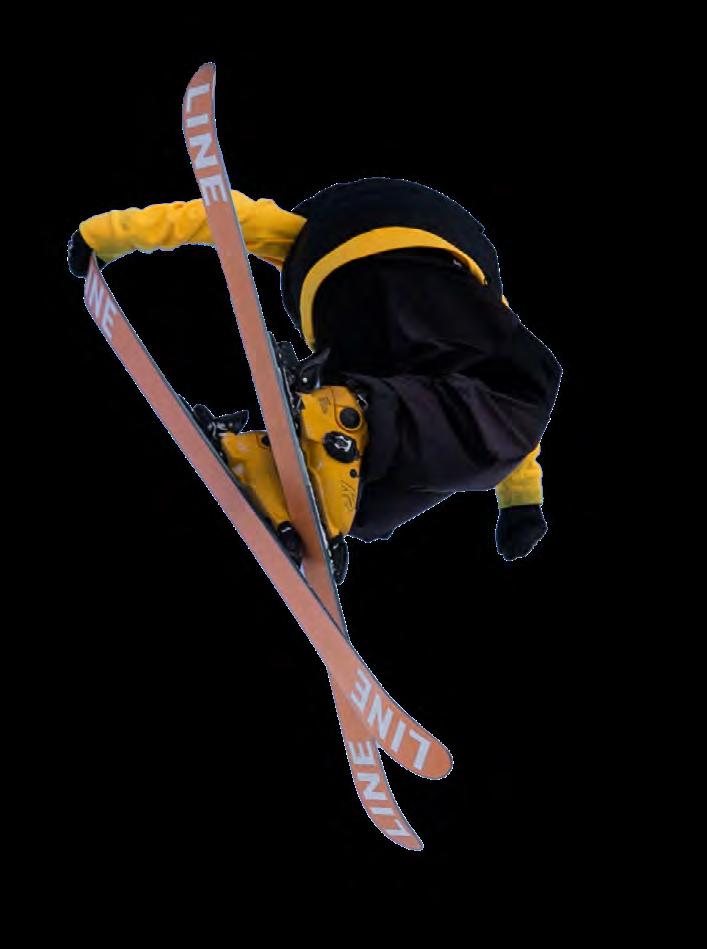
Organised sport has many physical, developmental, psychological and social benefits for children. It also helps build resilience and teaches teamwork and leadership skills.
Showing support for children in sport helps keep them interested and involved. This has been the experience of up-and-coming snow skier, 15-year-old Toby McIlwaine.
A skateboarder, surfer and snow skier, he’s competed nationally in skateboarding and internationally in skiing.
This year he was named in the 2024 Emerging Talent Program by Snow Australia for Park and Pipe (Freeski).
Toby said the key to his success is the support he receives from his parents and coaches.

It’s long been the case that parent behaviour can influence a child’s enjoyment of sport and whether they continue or quit.
Safeguarding Children and Young People in sport is not only important in terms of the safety and protection of the child, its vital in terms of physical and mental wellbeing.

“My dad and mum have both been a huge supporting factor, mainly with doing whatever they can to get me where I need to be,” he said.
“Sometimes it’s best for me to just focus on myself and then sometimes I really need a bit of a pep talk and both my parents are pretty good with that.
“They’ve been so helpful and such a huge part of my sport; I definitely wouldn’t be where I am without them.”

Toby said his parents have never foisted any expectations upon him in sport, they simply want him to be happy and do the best he can.
“As long as I’m skiing and doing what I love, and trying hard at it and pushing, they’re happy; they’re pretty easy going.”
We asked Toby if he had any tips for parents with young children coming into sport and how best to support them.
“I’d say for the most part, just let them have fun with it. If you’re enjoying it, then that’s all that really matters."
MEET BRONWEN DOWNIE
ATHLETE
ADVISORY GROUP CO-CHAIR
Our Athlete Advisory Group (AAG) provides invaluable input into our programs, products and initiatives ensuring the athletes’ voice is not only heard; it is used to shape strategic direction and ensure our education courses and resources are fit-for-purpose.
The AAG is empowered to challenge and provide ‘warts and all’ commentary and robust review of Sport Integrity Australia’s (SIA) work, to deliver insights into the pressures and influences that threaten integrity in sport.
The group comprises current and former elite athletes who contribute meaningfully to the fight for clean, fair and safe sport.
In 2023−24, the AAG leveraged the strong foundations fostered through a safe environment for them to share their voices, to build relationships across other athlete bodies and councils to further enable our work to be impactful.
Bronwen Downie is AAG Co-Chair and has an impressive bio – Olympic rower, two-time World Rowing Championship Gold medallist, 11-time Australian champion and former Rowing NSW State board member. Learn more about Ms Downie and her passion for integrity in sport.
What was your first impression of SIA?
My first conversation with David Sharpe, former SIA CEO and initiator of the AAG, included him saying “We get praised for leading the way on integrity issues, but we want to know what we are NOT doing well; warts and all”.
That was a pretty unique invitation to provide a critical voice to a large government organisation!
To me, this signaled that SIA was genuine in wanting to gain a full perspective on how they manage integrity issues, and committed to making sure policy and initiatives not only look good on paper, but land with the desired impact in the real world of athletes.
What is it about SIA’s mission that you identify with most?
There is such joy and a wealth of known benefits in being able to simply participate in organised sport. Of course, there is also immense pride in representing Australia for athletes that reach that elite level.
Access to sport at all levels, not just at the elite or high-performance level, should be easy and safe for all Australians. As a former athlete being on the AAG means I can, in a small way, take an active role in safeguarding participation in sport across both of those spectrums.
Was integrity something you thought about when you were competing?
When I was competing at an elite level, my awareness of integrity issues was very much focused on the anti-doping space. Filling out whereabouts forms, being tested at training and competition venues, wondering if other nations had the rigorous protocols Australian athletes are protected by etc. The idea of a level playing field is something that I imagine all athletes hope they are stepping into, so that was front of my mind too.
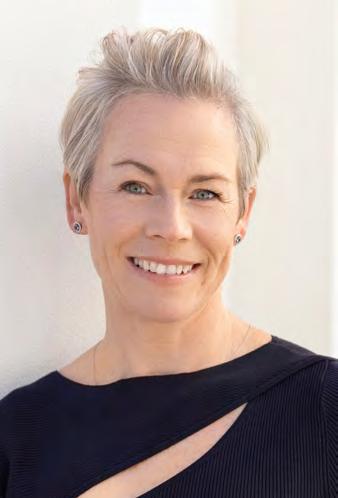
Having experienced both positive and negative culture in elite sport, I was aware of athlete welfare related issues but felt I had little agency to change them. Now that I work in the field of psychological safety, I have language that can talk to the integrity threats related to athlete wellbeing. I am pleased to see structures like the National Integrity Framework (NIF) making it easier for athletes to have more agency in reporting their experiences.
Now, like many parents, I am tuned into child protection and supporting positive sporting experiences for our young players and athletes. As a mum of sporty kids, and of course now having a box seat view of the wider work SIA does, my concept of sport integrity is definitely a broader one! When you are competing as an athlete it’s all about daily performance, and you hope that the sporting ecosystem is being looked after on your behalf.
Why is it important to you to be part of the AAG? Any opportunities that athletes have to contribute to the decision-making processes that impact them is valuable. SIA has been pro-active in ensuring that happens via the AAG, particularly at a time not only where their influence continues to expand, but the complexities of mitigating against integrity issues in elite sport continue to evolve.
The primary role of the AAG is to help SIA see where there might be gaps or unintended impacts on athletes via SIA supported processes, policies or initiatives.
©
Katerina
White
When I speak with parents of young people in sport, they want to know more about what they can do at the grassroots level in their clubs and junior competition spaces to move towards intentions like those in the Play Well strategy.
I am confident that the AAG provides quite a robust sounding board! We have been genuinely welcomed to regularly critique initiatives of SIA, provide input on responses to World Anti-Doping Code review, or comment on development of education materials, for example. That process of transparency, and appetite of SIA to hear AAG perspectives is something that I think is so important. It reflects that SIA not only protects integrity but operates with internal integrity too.
What has been a highlight during your time in the AAG?
Most recently, the SIA Law Enforcement Conference, which brought together agencies collaborating to leverage intelligence, learning and ideas on detecting and minimising the impact of organised crime, the trafficking of Performance and Image Enhancing Drugs (PIEDs) and child protection matters in sport, highlighted the wide reach that sport and SIA have.
From my view, the relationship between SIA and these agencies is strengthening. That is thanks, in large part, to the insistence of creating a deliberate forum by David Sharpe, and that can only be positive.
Providing meaningful feedback to SIA and adding an athlete voice to their feedback on the World Anti-Doping Code that resulted in some actual changes to a number of substances and methods being included on the prohibited list was affirming. It helped the AAG see that our athlete voice was an important part of the process. Being involved in the working group on the development of the Safeguarding in Sport Continuous Improvement Program was a level of active involvement that felt valuable too, and brainstorming ways to make In-Competition drug testing ‘cool’ was one of the more entertaining meetings!
The complex State, National and International legislative and policy frameworks that SIA works in, with and through, is impressive. However, every person who I have interacted with at SIA is incredibly passionate and dedicated to making sport safe, accessible and enjoyable despite being at the nexus of some very complex systems. Getting a view of that is a highlight, and worth appreciating.
What do you do outside of the AAG?
I am a facilitator, executive coach and consultant on team effectiveness. That means I assist teams to explore their interpersonal dynamics for performance improvement or repair, build and coach leadership capability around conversational agility, and support teams to create conditions for sustainable performance. Psychological Safety is my key area of expertise, and helping leaders develop the skill set to support psychological safety is my post-sport field of play!
Where do you see the future of integrity in sport heading?
Outside of anti-doping and reducing the use and impact of PIEDs, the integrity issues that show up in sport, such as child protection or organised crime, are reflections of wider Australian society. Managing these integrity issues both with and through sport offers another avenue to reducing their impact more broadly. That is why the collaborative relationships between SIA, law enforcement agencies, legislation and government policy makers has the potential to be so powerful in shaping not only safe accessible sport, but safer communities in general.
The importance of growing and strengthening intelligence networks is something I think is already being leveraged but will become more critical. Particularly as integrity threats and the groups behind them more frequently transcend national borders. I expect that collaboration and cooperation across national and international agencies will become even more important in the management of integrity in sport both in Australia and globally.
What do athletes approach you about as a member of the AAG?
Athletes who are in the high-performance zone of sport continue to want to know that they are well informed when it comes to their rights and obligations regarding doping control procedures, and the boundary between supplements and PIEDs.
In addition, there is still work to do around ensuring athletes feel secure and supported to report on integrity issues or experiences that have impacted them negatively. The NIF is such an important tool in that regard, and I regularly encourage people to use it as a reporting mechanism for the benefit of improving sport experiences for everyone.
When I speak with parents of young people in sport, they want to know more about what they can do at the grassroots level in their clubs and junior competition spaces to move towards intentions like those in the Play Well strategy. While I see a gap in the space between good policy development and grass roots change, it is heartening being able to talk to initiatives like the SISCIP and point people towards resources developed by SIA and Play by The Rules in that area.
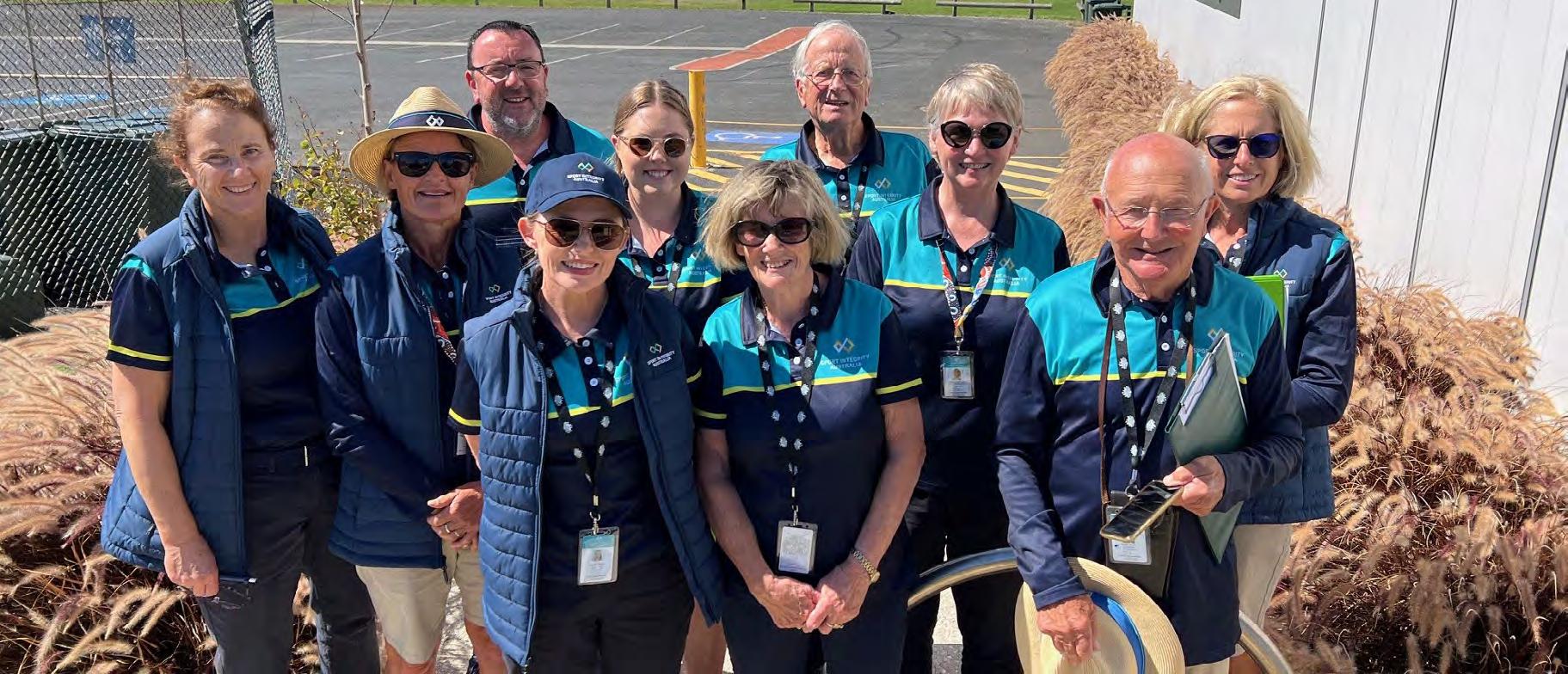
DCOs
DOPING CONTROL OFFICERS

Anti-doping testing has been part of the Australian sporting landscape for more than 30 years. The work done in this space is critical in keeping Australian sport safe, clean and fair at all levels, for all participants.
A wealth of experience has been built over the last three decades, from the Australian Sports Drug Agency in the 1990s, to the Australian Sports Anti-Doping Authority (ASADA) established in 2006, to the current Sport Integrity Australia.
This experience combined with our use of intelligence, science and investigative resources, gives us the ability to strategically develop, allocate and plan anti-doping tests that maximise our ability to detect and deter doping.
Australia is at the cutting edge of testing practices and we work with international partners to develop new testing techniques and processes.
Key to our operations is a casual workforce across the country of experienced Doping Control Officers (DCOs) and chaperones.
DCOs coordinate and manage anti-doping sample collection sessions with athletes at events or in the Out-of-Competition setting. DCOs are responsible for carrying out drug testing on athletes, adhering strictly to regulatory provisions, and briefing athletes on the testing procedure.
A chaperone is trained to assist a DCO, which may mean helping to notify an athlete, observing a collection, or keeping an athlete within eyesight until they are able to provide a sample.
CHANGING OF THE DCO GUARD IN TASMANIA
This year, two stalwarts in the DCO space have put away the beakers for the last time, entering retirement.
Keith Price and Kate Flakemore have been in the anti-doping space for almost as long as the history of its regulation in Australia.
Keith and Kate were long-term DCOs in Tasmania. As the only two DCOs for the apple isle, Keith largely looked after the north while Kate covered the south.
The pair, both former physical education teachers, who started their testing journeys only a few months apart, will remain lifelong friends following their retirement this year.
Did you know?
Last financial year Sport Integrity Australia completed more than 4,170 doping tests.*
3897 urine samples
671 blood samples
*some tests have more than one sample

426 dried blood spot
When I was first appointed a DCO it was up to me to find my own chaperone. Invariably they were family or friends and there was virtually no training ... to have trained chaperones in the current day is one of the best changes that has occurred.
DCOs
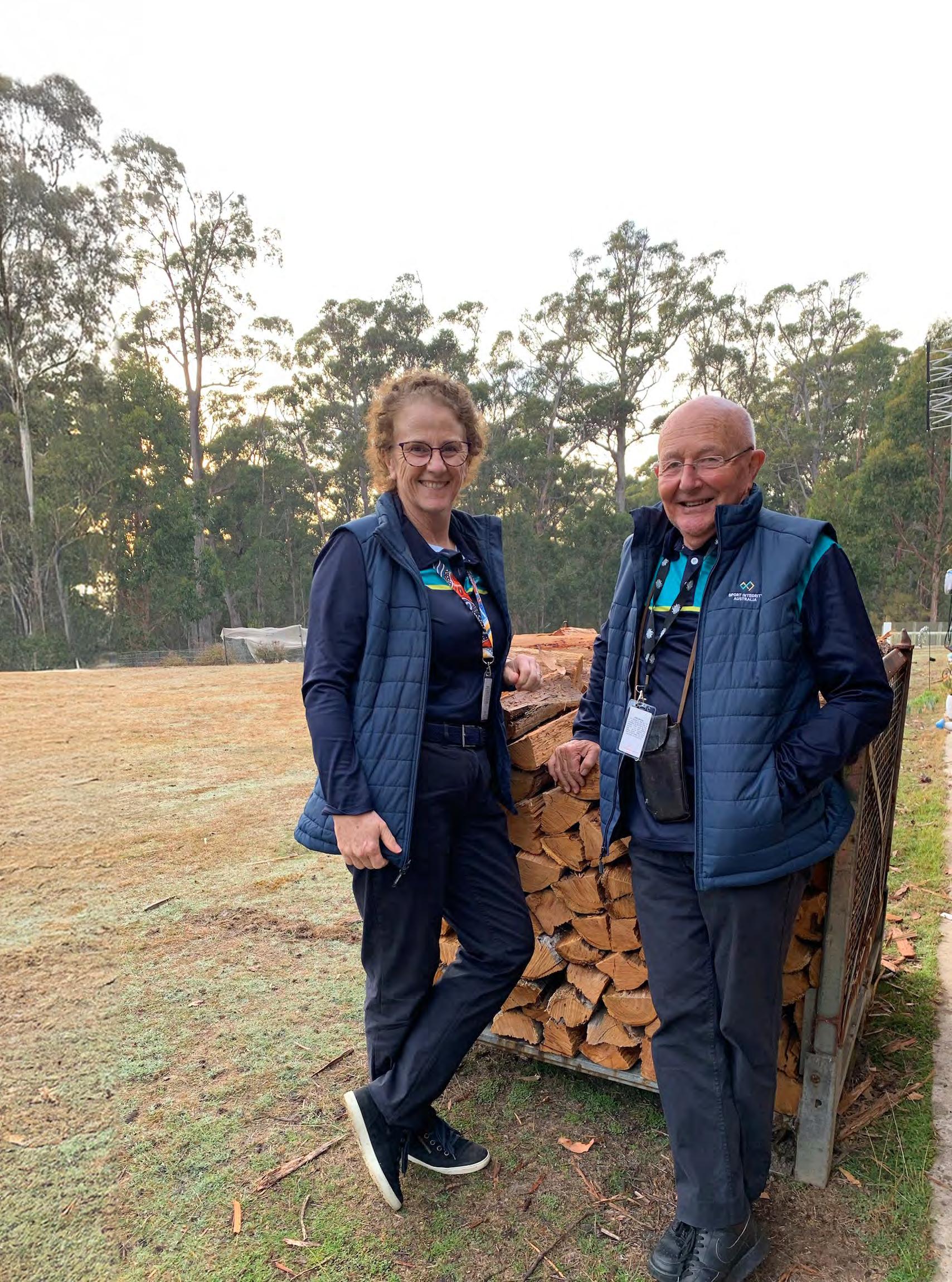
Keith Price
Keith was an acquaintance of anti-doping pioneer Nicki Vance. It was this friendship that saw him also become involved in the space.
Keith’s first time on the job was the 1990 Rowing Championships at Lake Barrington in Tasmania.
“Sport was just a big part of my life – coaching and participating,” he said.
“So, it was that interest in sport that was my segue into drug testing.”
And it was a segway that led to a 34-year involvement in working to keep sport clean.
Keith has seen a great deal in that time and his role allowed him to travel, meet new people and attend events that are some of the most memorable in his life.
“The Sydney Olympic games was the standard; I’ll never forget that. I’ve also done three Commonwealth Games –Kuala Lumpur, then Melbourne, then the Gold Coast, and I’ve done lots of world championships.”
When asked what his fondest memory as a DCO of 34 years was, Keith said the home visits stood out.
Keith would often leave home at 3am for testing required at 5am, and while there are clear mandates around not accepting gifts as a DCO, Keith was partial to the offer of a “cuppa” when arriving at a home in the early morning hours.
“The home visits were always quite unique, but could also be quite challenging. I don’t think sufficient credit is given to the field staff as to some of the challenges faced,” he said.
“When you do an Out-of-Competition test, you’re given the name of the athlete and the address, you knock on the door and you just don’t know what you’re going to find.”
The life of a DCO is a privilege but can also feel intrusive at times.
“When you go into those situations, you’re right in the family hub. You’re in the kitchen and the family is eating tea or kids are being put to bed at the end of a long day or, on the other hand, you’re knocking on the door waking them up at 5am,” he said.
Keith said there are a number of skills required to do the job in a respectful way: patience, understanding and empathy.
“If you’ve been in the world of sport yourself, then you understand the challenges that you’re putting them through. At 5am many of them are trying to get out the door to training, so you need to be patient and actually ‘slow’ things down to achieve getting a sample."
"Young athletes can fall into the trap of rushing the process and wanting to produce a sample too soon… they want to get it over and done with, understandably.”
Opposite: Kate Flakemore and Keith Price
At the time of interviewing Keith he was in the process of finalising his paperwork, bringing to an end his time as a DCO (and in the last two years a chaperone).
He reflected how it felt signing off on his role.
“I will miss it. Being in Tasmania the role wasn’t as busy as the metropolitan states, so when I went to do a test, it was always exciting,” Keith said.
“It wasn’t something I was doing every day. There might be a month between tests…so it was a special occasion.”
He also notes the progress that has occurred in three decades.
“The changes that have taken place are incredible; it’s much tighter now … we’ve had 30 years to mature.
“The attitude from athletes in the main is good, particularly elite athletes, they see it as part of their day-to-day living.
“And young, untried athletes, they get all excited when tested, because it makes them feel important.”
Keith believes one of the greatest advents in the drug testing space was the appointment of chaperones.
“That first World Rowing Championships event that I did they used Army Reserve officers – they would go to an athlete and then literally march by their side as they brought them back to the doping control centre,” he said.
“When I was first appointed a DCO it was up to me to find my own chaperone. Invariably they were family or friends and there was virtually no training.
“So, to have trained chaperones in the current day is one of the best changes that has occurred.”
When asked what he hopes is the legacy he leaves after 34 years, Keith simply responds “relationships”.
“Relationships with both the athlete and, in particular, the chaperones,” he said.
“As a DCO, I’m going to spend hours with a chaperone; I’ve got to trust them totally.
“They go into the toilet with the athlete…you’re putting your faith in them.”
Keith retired as a DCO a few years back, but has been assisting as a chaperone in his final years in sports doping control.
With his good friend Kate also now retired, it is a changing of the guard in Tasmania.
Keith is an advocate of the chaperone role being seen as a career path to DCO and he’s thankful this has been the case for Tasmania.

DCOs

Kate Flakemore
Like Keith, Kate attended the World Rowing Championships in Tasmania in 1990. She recalls in those early days of drug testing regulation there wasn’t any formal advertising of positions, it was about being in the right place at the right time in terms of working in that space.
It was the connection to Keith and his recommendation to friend Nicki – who was looking for staff to commence in Tasmania – that saw Kate land the role that she would continue in for more than 30 years.
From that point on Keith and Kate worked closely together in the anti-doping space, and are well known to athletes in Tasmania.
When asked what kept her coming back year after year in the role, Kate said the work was never boring.
“I am a lover of sport and was also a physical education teacher,” she said.
“Being able to engage with athletes and be up close and personal at events was something I enjoyed. It was an area where there was diversity and constant change.”
At the top of the career highlights for Kate was the Sydney 2000 Olympics, along with the Melbourne and Gold Coast Commonwealth Games.
“Being involved in those big events was always a privilege. Being around top-level sport and athletes was always really interesting," she said.
“It was also an opportunity to work with new colleagues; in Tasmania we were on our own a little, but being at those big events with other testers from around the country and socialising with them was always a highlight.”
Having been in and around hundreds of athletes over the years we asked Kate if she had a favourite athlete that she engaged with.
“There’s so many of them,” she laughed.
“I don’t know if I can say a favourite athlete, but we had one young boy up in country Tasmania, a para athlete, that I used to love to go and visit.
“Out-of-Competition home visits, out in the country, animals all around, it was just always a nice home to visit.
“Most athletes are great to work with, but you also remember the difficult ones. There were some you’d dread; you knew you were going to have a difficult time, but that was all part of the challenge sometimes…but you just had to get on with the job.”
Kate, like Keith has seen a lot of change and growth over the past three decades in the role of a DCO.
“In the early days we used to ring up the athletes that were being tested out of competition and give them 24 hours' notice of their test.
The role we play is very important to make sure that athletes feel they are competing on an even playing field.
“We’d notify them what venue they needed to come to and at what time. So we knew that our athletes would be there at that time and there was no chasing around.
“This changed, we then had to show up to athletes’ homes or training venues, hoping to locate them.
“This could be challenging; they weren’t always there, and you didn’t know what to expect, particularly on home visits,” she said.
Kate also noted improvements in processes over the years.
“Records now are all computer based compared to paperwork, which means more accuracy and the process is more efficient.”
While Kate is proud of the role she has played in building a culture of clean sport she said she laments that the role is needed in the first place.
“I feel a little sad that we have to spend so much money, time and effort on testing.
“You would hope that everyone would do the right thing. The role we play is very important to make sure that athletes feel they are competing on an even playing field.
“I’d like to think that the athletes appreciate what we’re doing and know that it’s an important part of sport these days…"
At the time of interviewing Kate, retirement was well and truly underway. We caught her via satellite phone in Western Australia travelling around Australia with her husband.
When asked what the next chapter holds for Kate, she said life will be different when she returns to Tasmania.
“I will probably miss it for the first few years. But it’ll free me up now to travel any time of year.
“I’ll do more gardening, visiting friends and spend more time with my husband.”
And at sporting events in the future, Kate will now enjoy being a spectator.
“Getting up close and personal to the actual event, the buzz, and experiencing the highs and lows of athletes and coaches, I will miss those occasions for sure.”
Kate had a final word for anyone thinking of taking on a role as a DCO or a chaperone.
“Go for it, for sure. It’s very interesting and rewarding work.”
MEET OUR CLEEAN SPORT
ducat
ors
We’d like to introduce you to some o
f our Clean Sport Educators who pro
vide face-to-face
education sessions for sporting groups around the country. Our educators provide engaging and interactive presentations meeting the needs of sporting groups.
In this issue of Sport Integrity Matters we introduce you to Sophie Taylor, Lauren Szigeti, Deborah Latouf, Chris McHugh and Cruz Hogan.
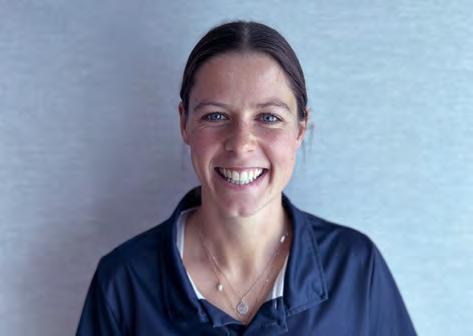

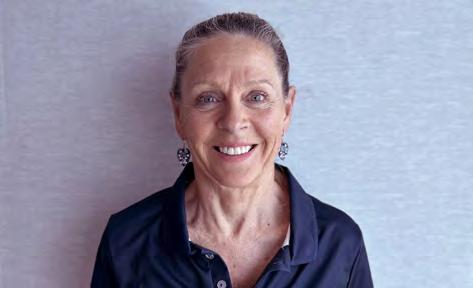

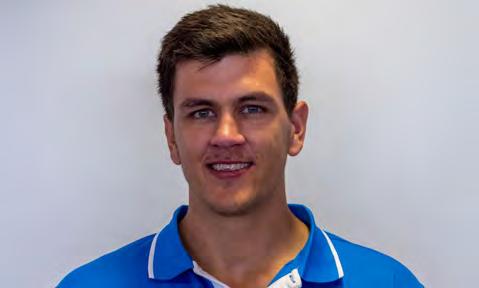
Tell us a little about your background and how you’ve arrived at SIA?
Sophie: I am an Australia Hockey Player, a Physiotherapist and a keynote presenter. Most recently, I have been living in Antwerp, Belgium playing professionally for Royal Herakles Hockey Club for the last two years. My best friend Jess Hansen was finishing up as a SIA educator and she mentioned the educator role in passing one day. I love presenting and educating and integrity in sport is something I am very passionate about. So, I applied for the role and here I am two years later having presented online to many different sports from all over Europe.
Lauren: I’m currently in my third season with the Sydney Swans in the AFLW. We have SIA education sessions each year and when I saw the position at SIA open, I thought it would be the perfect place for me due to not only my football, but my other interests too.
Deborah: I've spent most of my professional career as a sport scientist, with two stints at the AIS and time between spent in South Africa and the UK. All of this work has been in the talent identification and long-term athlete development space. For the past five years I have been coaching cyclists and multisport athletes.
Chris: My background is from Beach Volleyball having been a member of the Men’s National Team for the past 18 years participating in 2021 Olympics, 2018, 2022 Commonwealth games and seven World Championships training in Adelaide at the South Australian Sports Institute.
Cruz: I am an elite Javelin Thrower from Perth, WA. I have been competing in Athletics for over two decades and have had the honour of representing Australia on the international stage and at the World Championships. Professionally, I work full-time at the Western Australian Institute of Sport (WAIS) as a Performance Scientist providing applied physiology and sport science support for elite sailing, sprint kayak and para-canoe athletes. I joined SIA (formerly ASADA) as Education Officer in early 2019 and have continued to be a clean sport advocate and educator since.
What is your favourite sport and why?
Sophie: Playing hockey, I love the physical, mental and tactical challenge each and every time I step onto the pitch. Some of my best friends I have met while playing this sport which is incredibly special. I have also been fortunate enough to travel all over the world to places I never could have imagined visiting.
Watching Australian Football, growing up in Melbourne footy has always been a part of my life. After living overseas for two years I started to realise how obsessed we really are with it in Melbourne, it brings people together,
Sophie Taylor
Lauren Szigeti
Deborah Latouf
Chris McHugh
Cruz Hogan


it creates healthy and friendly rivalries, and it dictates almost any conversation with friends or family!
Lauren: AFL because it incorporates so many different technical and athletic aspects and the importance of team connection. I get the best out of myself as an athlete and a person while making great connections along the way.
Deborah: That's a tough one to narrow down, but I am going to say road cycling. I love the combination of pure science and data, but with the overlay of tactics, team dynamics and the parcours that can all have an impact on the outcome.
Chris: Beach Volleyball would be my favourite sport as it requires so much athleticism but also a lot of tactical know how combined with amazing self-awareness at the highest level to compete.
Cruz: Having spent most of my life in the sport, I'm definitely biased towards and enjoy watching athletics! Outside of athletics, my favourite sporting team is the West Coast Eagles.
Why did you want to become one of our Educators?
Sophie: I love connecting with people and having the opportunity to share my lessons and learnings along the way. The SIA educator role has this all in one and it is so enjoyable getting to meet many different people from many different sports.
Lauren: I already have experience educating in the mental health space and have loved doing that. I’m passionate about the education SIA provides and want to play my part in fair and safe sport for everyone.
Deborah: I really wanted to get back involved at the athlete level so I could educate at the time when it counts. I also wanted to be a part of an organisation that takes a proactive approach to clean sport.
Chris: I’m passionate about fair and clean sport having had so many amazing experiences playing. Protecting the fair, level playing field and pureness of sport for future generations of Australian athletes is critical.
Cruz: Having undergone anti-doping testing and education firsthand as an athlete and working within the high-performance sport industry in my professional career, I recognised the importance of clean sport education and wanted to lean on my own experiences to help educate and empower other athletes to navigate the complexities of anti-doping and all things integrity in sport.
What do you most want to achieve in your role as an Educator?
Sophie: Ensuring Athletes are educated and know what their rights and responsibilities are. Learning and having the required and appropriate knowledge is incredibly empowering!
Lauren: I want to spread awareness about the fact that fair, clean and safe sport is up to all of us as individuals – whether we are on or off the field. It’s not just information we need to know to tick a box, it’s information we can implement to make sporting environments better for everyone involved.
Deborah: For athletes to understand that there are no short cuts to success. That hard work and dedication are required, and to help them understand that mastery is a commitment to a long-term process. Control the process and the outcome will look after itself.
Chris: I want to raise as much awareness in all sports about Sport Integrity Australia, the information and services it provides to the Australian sporting public but to also help the next generation of athletes navigate the sometimes-overwhelming world of anti-doping, supplements and competition manipulation.
Cruz: Empower young and experienced senior athletes to make informed decisions surrounding anti-doping and integrity in sport so they feel confident in the process and understand the importance of keeping sport clean and fair. I believe that most Australian athletes are trying to do the right thing − it's about providing awareness and education to prevent any simple mistakes or poor decisions that could potentially lead to inadvertent doping or an accidental violation.

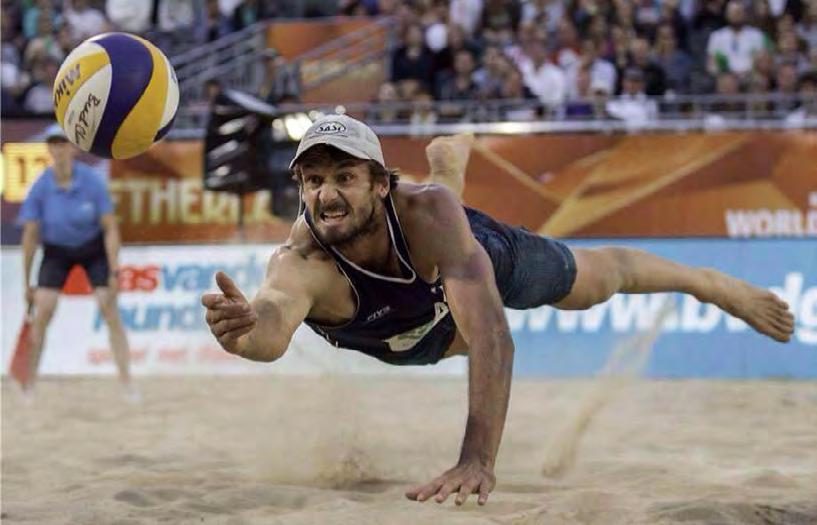
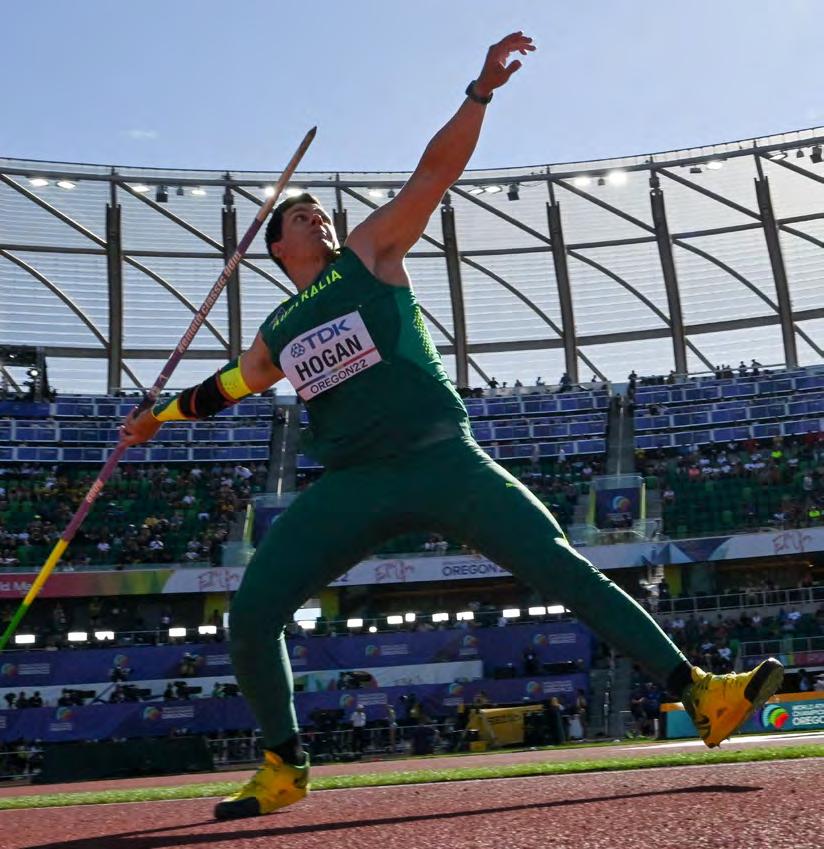
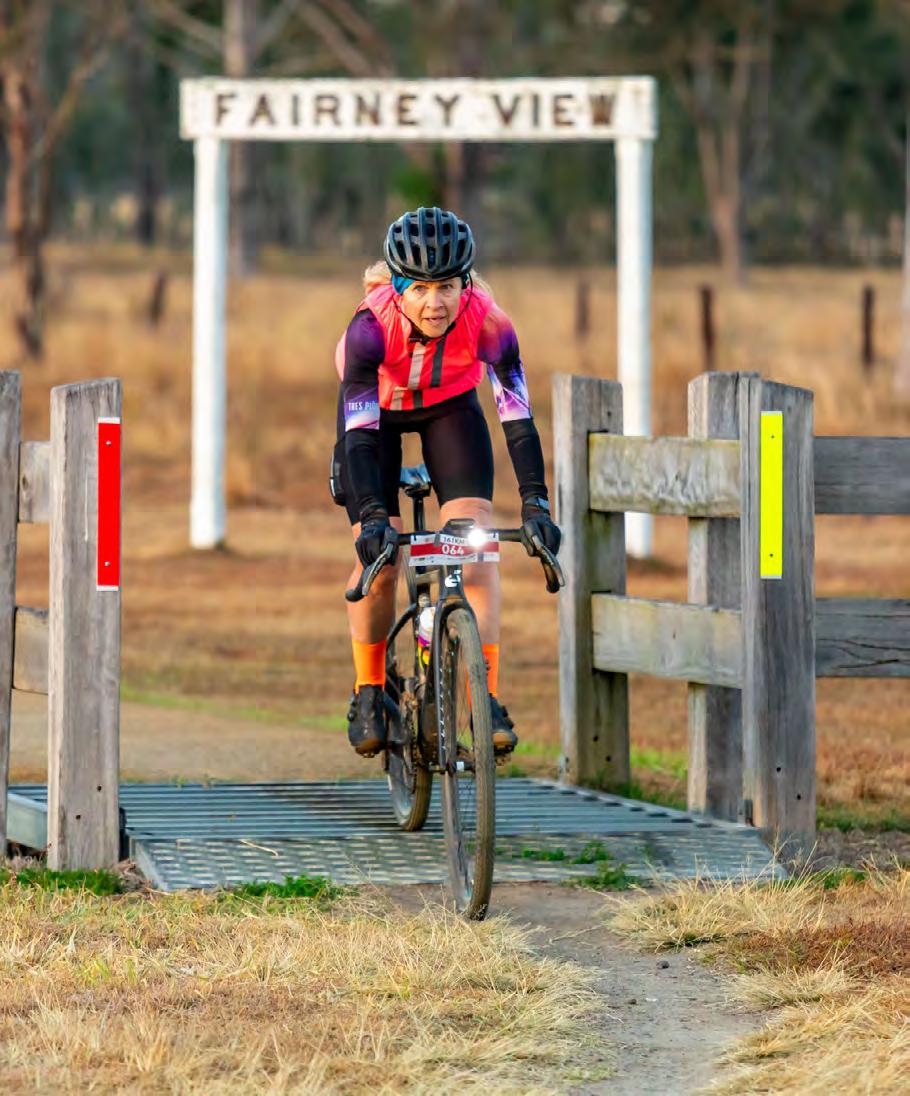
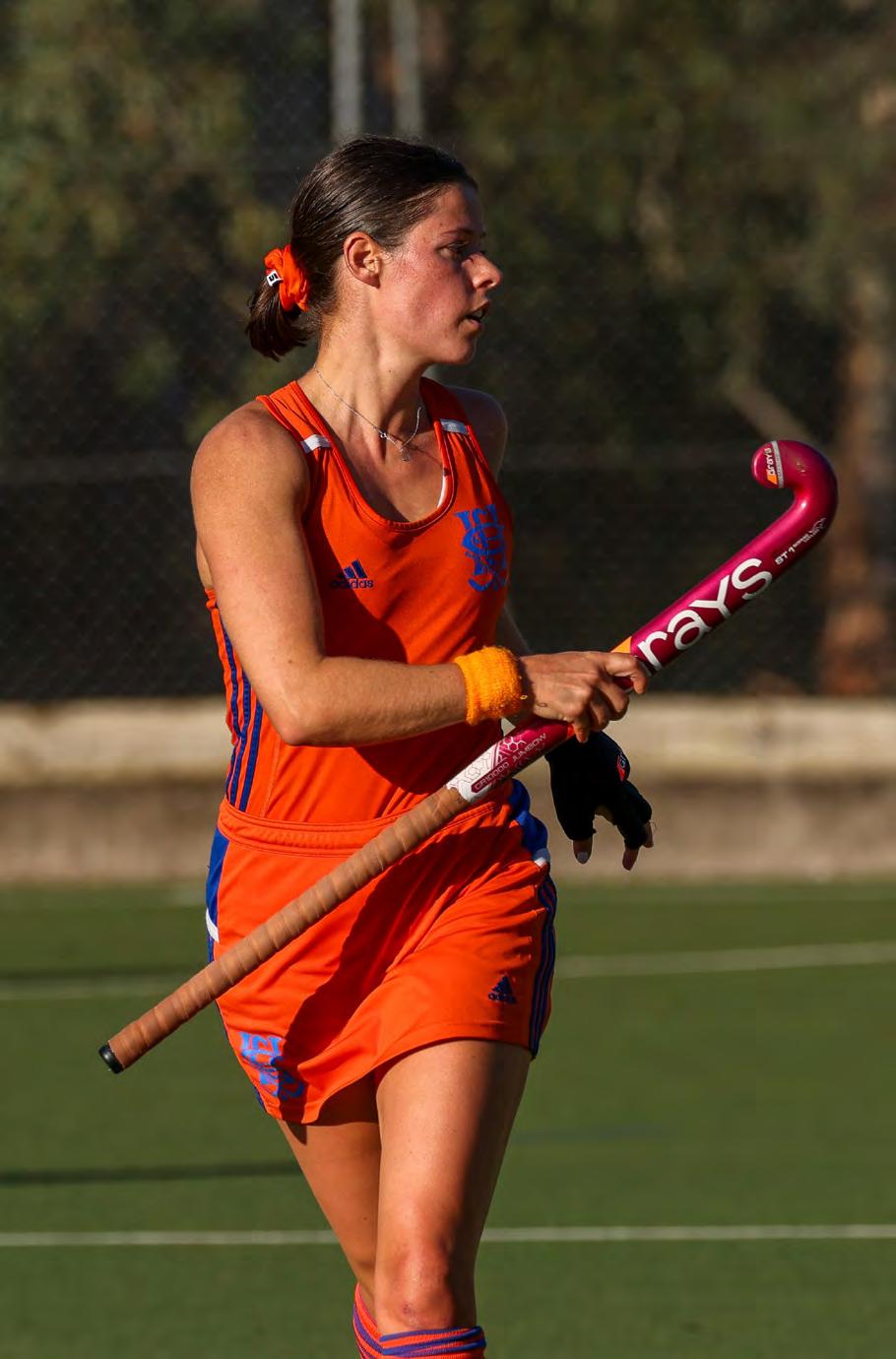
Lauren Szigeti Deborah Latouf
Sophie Taylor
Cruz Hogan
Chris McHugh
What makes you so passionate about education and awareness in the sport integrity space?
Sophie: I'm passionate about education and awareness in sport integrity because it helps maintain fair play and builds respect. Understanding the rules and values ensures the competition remains genuine and enjoyable for everyone.
Lauren: Sport has always been my favourite environment to be a part of. It creates a sense of belonging whilst also allowing me to strive to be the best version of myself. I want everyone involved in sport to also feel this and that happens through a fair and safe environment.
Deborah: I've always tried to get athletes to focus on covering the fundamentals well, before looking for the one per centers when it comes to competitive advantage. This philosophy fits well with the SIA message. Plus, I've worked as a scientist, coach and athlete so I have a breadth of knowledge that I really wanted to share.
Chris: As a father of two children and wanting them to participate in sport going forward, I want them to be in a safe space where they can have fun, enjoy competing but also know that there are frame works in place to protect them, their friends and others involved in sport. Being a former athlete, I have witnessed the devastation that doping can cause to athletes who have done the right thing but are robbed of ‘their’ moment to stand on the medal dais and associated prize money/sponsorship opportunities which in Olympic sports don’t occur on a yearly basis.
Cruz: Having competed against athletes who have tested positive to banned, performance enhancing substances, I am very passionate about keeping sport clean and fair and I'm not willing to risk my health in the pursuit of high performance. Clean, fair sport is absolutely crucial. Without it, sport loses its integrity, its power to inspire, its ability to unite and define character. So, it's up to us as athletes to become role models in our community to take a strong stance against doping.

Fun fact!
In 2023−24 SIA recorded more than 106,360 eLearning completions and helped educate 9,020 athletes, parents and carers, coaches, teachers and support personnel at face-to-face sessions.
Our education covers anti-doping, safeguarding, competition manipulation, illicit drugs and other sport integrity topics.
Learn more: www.sportintegrity.gov.au/education
Sport Integrity Australia Integrity education webinars
Our education team provides resources for all levels of athletes, parents, teachers, coaches and support personnel.
Our public webinars are designed to deliver meaningful education to administrators, coaches and parents at all levels of sport on broader integrity topics.
Since introducing our public webinars in November last year, we have hosted nine events reaching more than 3,860 participants.
Subjects covered in our webinars include:
Building safeguarding into your organisational strategy
Safer recruitment in sport
Identifying and addressing inappropriate behaviour

Supplements in sport
Clean sport
Managing integrity complaints.
This is an important component of our education and outreach that we will continue to build on moving forward.
Our webinars are free, accessible online and delivered by a subject matter expert.
To find out more about upcoming webinars and register visit
www.sportintegrity.gov.au/education

PROHIBITED LIST
MAJOR CHANGES
AS OF 1 JANUARY 2025

The World Anti-Doping Agency (WADA) has published the 2025 List of Prohibited Substances and Methods (List), which was approved by WADA’s Executive Committee on 12 September.
The major modifications for 2025 include:
Substances and methods prohibited at all times (In- and Out-of-Competition)
• S0. Non-Approved Substances
S-107 and S48168 (ARM210) were added to S0 as examples of the class of ryanodine receptor-1calstabin complex stabilizers. The ryanodine receptor-1-calstabin complex is a major component of calcium storage and release, serving to maintain skeletal muscle function.
• S3. Beta-2 Agonists
Based on a recent publication on potential performance-enhancing doses of inhaled formoterol, the dosing intervals were updated to ensure that ergogenic effects are not achieved. These new 12-hourly dosing intervals are consistent with manufacturers’ recommended use; the maximum delivered dose is unchanged at 54 micrograms over 24 hours.
• S4. Hormone and Metabolic Modulators
Elacestrant was added as an example of an anti-estrogen.
Mitochondrial open reading frame of the 12S rRNA-c (MOTS-c) was added as an example of an AMP-activated protein kinase activator.
For clarity, S519 and S597 were added as examples of insulin-mimetics. Insulin-mimetics compounds or selective insulin receptor modulators (SIRMs) mimic insulin action by binding to the insulin receptor.
• S5. Diuretics and Masking Agents
Xipamide was added as an example of a diuretic.
• M1. Manipulation of Blood and Blood Components
Donation of blood or blood components (e.g. plasma, red blood cells, white blood cells, platelets and peripheral blood stem cells) including by apheresis is not prohibited when performed in a collection centre accredited by the relevant regulatory authority of the country in which it operates.
• M3. Gene and Cell Doping
Minor editorial change was made for clarity. Substances and methods prohibited in-competition
• S6. Stimulants
Hydrafinil (fluorenol) was changed from S6.B to S6.A, as this substance is more potent than modafinil and is not licensed for medical use.
Midodrine and Tesofensine were added as examples of specified stimulants.
Guanfacine was clarified as not prohibited. Prohibited in particular sports
• P1. Beta-Blockers
Based on information provided by International Ski and Snowboard Federation (FIS), the skiing/ snowboarding disciplines of ski jumping, freestyle aerials/halfpipe and snowboard halfpipe/big air were removed.
• Monitoring Program
Fentanyl and tramadol were added to monitor patterns of Out-of-Competition use.
For further information on previous modifications and clarifications, please consult the Prohibited List Frequently Asked Questions
SUBSTANCE SPOTLIGHT

FUROSEMIDE
Children’s involvement in sport is generally motivated by curiosity, play and the development of social and physical skills which can aid them throughout their lives.
Those who demonstrate exceptional or innate talent will often excel to compete professionally within their sport and while these opportunities bring with them the honour and pride of competing at the highest levels, it can also bring undue pressure and influence.
These influences were the catalyst for the World Anti-Doping Agency’s (WADA) investigation into the growing trends of doping among minor athletes known as Operation Refuge
The investigation found that since 2012 there were over 1,500 positive tests to Prohibited Substances against 1,416 minors. Of these positive results one of the most detected substances was a diuretic called Furosemide
Furosemide is classified as an S5 Diuretic and Masking Agent by WADA and is Prohibited at all times (In and Out-of-Competition).
WHAT IS FUROSEMIDE?
Furosemide is prescribed as a diuretic or water tablet, usually for the treatment of hypertension (high blood pressure), heart failure, kidney disease and fluid retention.
It works by increasing urine production in the body to reduce blood pressure and fluid retention.
WHY IS FUROSEMIDE BANNED?
As a diuretic, Furosemide is banned for two reasons.
1. It can be used to reduce weight amongst athletes. In sports where weight is a factor in competing or where having a lower weight may create an advantage (boxing, weightlifting, skating etc).
2. As Furosemide causes increased urine production it can be used to flush the system of other Prohibited Substances prior to a doping control test. To this point, the Operation Refuge investigation found that Furosemide is always detected alone (no other substances are detected).
All Prohibited Substances are added to the Prohibited List because they meet at least two of the three following criteria:
• Use of the substance has the potential to enhance or enhances performance.
• Use of the substance represents an actual or potential health risk to the Athlete; and
• Use of the substance violates the spirit of sport.
WHAT ARE THE HEALTH RISKS OF USING FUROSEMIDE?
Adverse effects associated with the prescribed use of Furosemide are:
• Pancreatitis
• Liver disease
• Acute kidney injury
• Diarrhoea
• Constipation
• Loss of appetite
• Nausea and vomiting
• Numbness or tingling
• Headache
• Dizziness
• Blurred vision
• Allergic reaction.
Additionally, if Furosemide is abused and used at higher doses:
• Dehydration
• Electrolyte imbalance
• Low blood pressure.
Operation Refuge reported that Furosemide was the highest Prohibited Substance detected amongst both male and female minor athletes with the youngest athlete to receive a sanction for an Anti-Doping Rule Violation (ADRV) being just 12 years old.
Athletes face a ban of up to four years if they test positive to a Prohibited Substance.
RESOURCES AND EDUCATION
Sport Integrity Australia offers the following eLearning courses to keep athletes and sports up-to-date with Anti-Doping Rules, Prohibited Substances and Child Safeguarding.
• Anti-Doping Fundamentals Course
• Annual Update 2024 Course
• Safeguarding Children and Young People in Sport Induction Course
All of the above courses can be completed after logging in or registering on the Sport Integrity Australia eLearning website. All courses can be found on the eLearning course catalogue page

First Class Testing: Athlete BiologicAl PassPorts Explained Athlete BiologicAl PassPorts
What is an Athlete Biological Passport?
In the early 2000’s the scientific community identified blood monitoring as an effective method to track doping by analysing an athlete’s haematological variables (biomarkers). This gave way to the term “athlete biological passport”.
By 2009 the World Anti-Doping Agency (WADA) formalised the Athlete Biological Passport (ABP) which required Anti-Doping Organisations, such as Sport Integrity Australia, to adhere to its operating guidelines and mandatory standards.
Current day ABP’s have three modules: haematological (blood) steroidal, and endocrine (urine).
All blood and urine samples are recorded and monitored in the ABP

HOW DOES THE ABP WORK?
The ABP allows for the collection of longitudinal data to monitor certain biomarkers over time to better detect the use of performance-enhancing substances and/or methods.
J Investigations are only required if, following the review of an ABP, sample anomalies are identified.
J Analysis of an ABP can identify blood doping through the use of a Prohibited Substance and/or Method.
J Blood doping is the introduction of certain substances or techniques to increase the red blood cell mass in the body, allowing more oxygen into the muscles which ultimately enhances performance.
J These substances or methods create biomarkers which are then flagged when an ABP is being analysed.
TRACKING INFUSIONS, BLOOD AND PLASMA DONATIONS
When donating blood, it is critical that athletes maintain a detailed medical record from the blood bank which confirms the date, type and volume of the donation.
This is because evidence of haemoglobin loss (whether intentional as part of a doping regimen or through an accident, illness or blood donation) may result in changes to the ABP and athletes may be asked to explain these changes to anti-doping authorities. A record of donation would assist in these circumstances.
J Infusions or injections are permitted if the infused/ injected substance is not on the Prohibited List, and the volume of fluid administered doesn’t exceed 100ml per 12-hour period.
J An athlete’s health is always the most important consideration and in the event of a medical emergency, treatment should always be carried out as medically appropriate, and consideration for a retroactive Therapeutic Use Exemption can be obtained after the medical issue is stabilised.
J As of January 2024, following consultation with WADA Code signatories such as Sport Integrity Australia, athletes are now able to donate plasma, this was previously restricted by the WADA Code.
THE RIGHT TO FEEL SAFE IN SPORT
It’s everyone’s responsibility
September is the month of National Child Protection Week (NCPW). It’s an important week at Sport Integrity Australia (SIA) as it aligns with the work we do in safeguarding children and young people in sport.
NCPW aims to engage, educate and empower Australians to understand the complexity of child abuse and neglect and work together to prevent it.
SIA has specialist teams that work alongside sports to promote and support safe and fair environments, including child safeguarding and education.
Our Safeguarding team has been working hard with sporting organisations to build a better understanding of how child safe practices create safe and positive sporting environments for children and young people.
In June, the SIA-led Safeguarding in Sport Continuous Improvement Program (SISCIP) was launched and currently has 28 sporting organisations who’ve committed to improving their safeguarding practices and processes.It is a voluntary program designed to help sporting organisations build their capability to provide safe environments for children, young people, and all members to participate in sport.
This includes protecting them from abuse, providing safe and inclusive experiences and highlighting that safeguarding is the responsibility of everyone involved in sport.
Last financial year, our Education team delivered 190 face-to-face education sessions to more than 9,000 athletes, coaches and sporting organisations on topics from anti-doping, threats facing sport and child safeguarding practices.
The Program is underpinned by the National Integrity Framework and the National Principles for Child Safe Organisations.
By working through this program, it can assist National Sporting Organisations (NSOs) and National Sporting Organisations for people with a Disability (NSODs) to meet their state and territory child safeguarding compliance requirements.
The program aims to embed a culture of child safety and member protection by:
• Building the capability of NSOs/NSODs to keep children, young people, and members safe.
• Leading a cultural shift that prioritises the safety of children, young people and members.
• Enhancing knowledge and understanding to respond to child abuse threats.
• Bolstering community confidence that sports are safe for children, young people and members.
• Enabling sports to demonstrate their commitment and leadership in safeguarding to all members at all levels of sport.
There are numerous benefits of sports signing up. The program is structured so that sports can continually assess and improve their safeguarding practices and processes.
To learn more about the SISCIP visit: www.sportintegrity.gov.au/what-we-do/safeguarding/ safeguarding-sport-continuous-improvement-program
For information and/or advice contact the Safeguarding team via email: safeguarding@sportintegrity.gov.au
06 SUPPORT
Ongoing support including setting regular meetings
05 ACTION PLAN Co-design Safeguarding Risk Action Plan with the sport
01 INFORMATION
Introduction process initial sign-up. Annual review ongoing
SISCIP IMPLEMENTATION PLAN
04 REPORT
Develop a report based on assessment findings

02 SIGN-UP
Sport completes sign-up form and/or Game Plan Questionnaire
03 ASSESSMENT
Face-to-face meeting with the sport to complete assessment


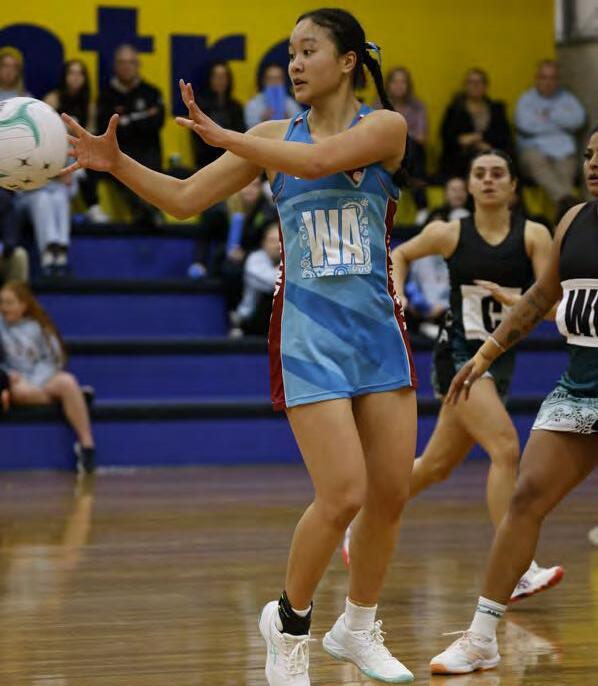
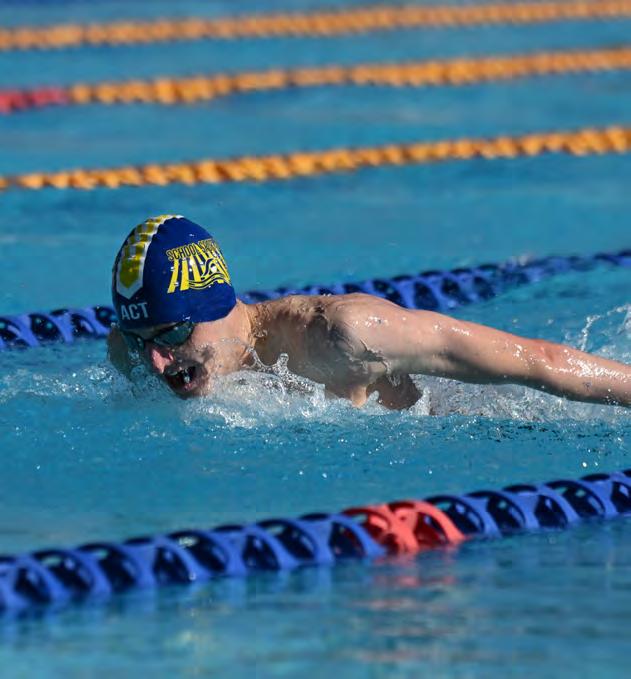
Why kids love sport…
Sport is more than just participation for children and young people in our community. It teaches important life skills such as teamwork, resilience, courage, determination, commitment and work ethic.
While sport also delivers important health benefits, both physical and mental, it can also become an important community for children and young people delivering a sense of belonging.
We spoke to children in the community during National Child Protection Week about why they love sport and its impact on them…

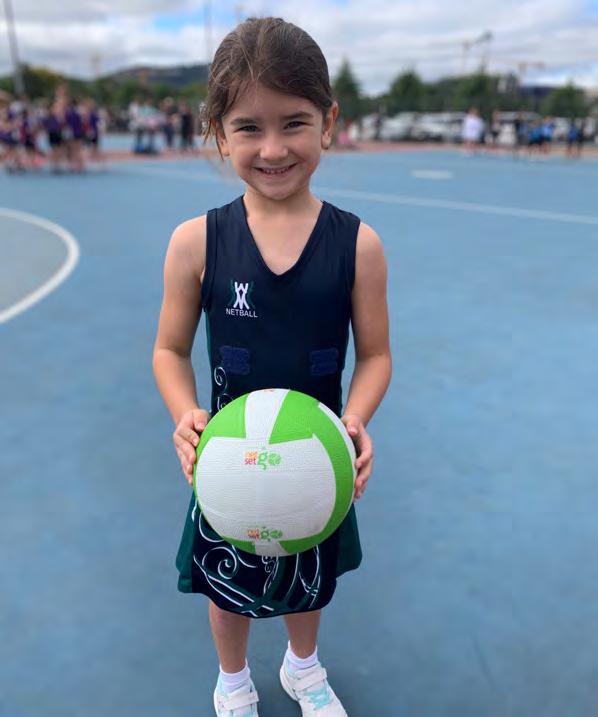
ASHLEIGH
Seventeen-year-old Ashleigh is a state-level netball player.
“I love netball because it’s both a physical and mental challenge for me.”
“I’m constantly surrounded by peers, coaches and parents who serve as an incredible support network."
“Not only do they support me when I have setbacks and when things get hard, but they also push me to be the best athlete and person I can be.”
BRADY
Seventeen-year-old swimmer Brady is a national level swimmer with the ultimate goal of becoming an Olympian. He said the pool is like home to him.
“The pool is a safe space for me; a space that allows me the freedom to work hard and achieve the goals I set.”
“I love and enjoy swimming. I feel safe at the pool, around my coach and around my friends.
“I’m able to push myself to my limit every day in training and in racing.”
MILLY
It was 8-year-old Milly who provided the perfect summary of why sport is so important to her.
“I play netball because I’m with my friends and my coach encourages me.”
“I don’t care if we win or lose, I just want to go on the court, try our best and have fun.”
Milly
Brady
Ashleigh

EMBEDDING CHILD SAFE PRACTICES
Lisa Purves is the Director of Safeguarding at Sport Integrity Australia (SIA). She has a long history in the child protection space having previously worked at the NSW Office of the Guardian where she was charged with developing the Child Safe Standards and Working with Children Check in the state.
In this role she worked with several state sporting organisations to embed child safe practices in what they do.
Fast forward a few years and Lisa is assisting SIA with its work in safeguarding children and young people in sport.
“What attracted me to SIA was the opportunity to work directly with national sporting organisations to make change and effect change for safeguarding throughout sport,” she said.
“We tailor our support so that we can interact with CEOs, grassroots and state/national sporting organisations.
“Our focus is on what level of capability building and safeguarding support that a sport needs and what support we can offer to assist.
“Safeguarding is a top priority because sadly we see in the news everyday issues around safeguarding for children and young people.
“Many of the states and territories have Child Safe Standards now – what’s sitting over them are the National Principles.
“Every sport must embed the National Principles into their sport because that framework is what helps to
keep children safe in sport and those child safe practices are what we’re looking to see –everyday – to ensure children are safe in sport.”
Lisa reiterates that everybody has the right to feel safe in sport and encouraged anyone who did not feel safe or protected to reach out to someone in their sport community or a parent that they trust.
Lisa Purves
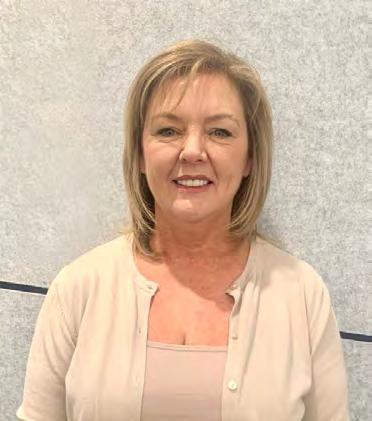
“If it’s a more serious matter I would encourage reaching out to the police, a child protection helpline, or Sport Integrity Australia.
“Keeping children and young people safe is everybody’s responsibility in sport. Keeping with the theme of National Child Protection Week this year, every conversation does matter.
“Please also take time to reach out if you believe a child does not feel safe or looks unhappy in sport.”
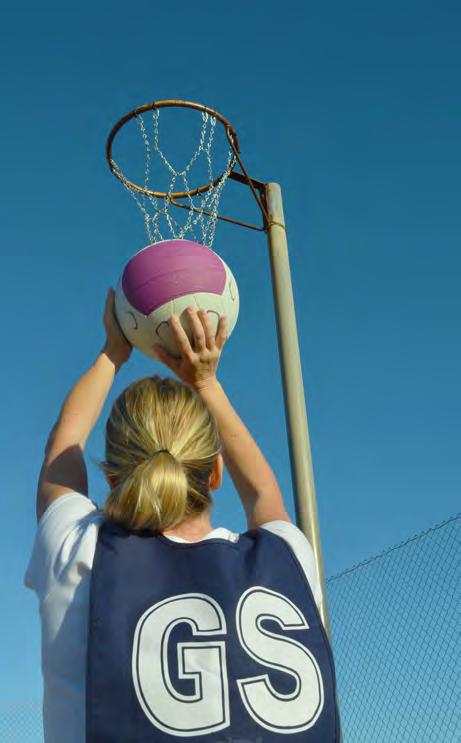
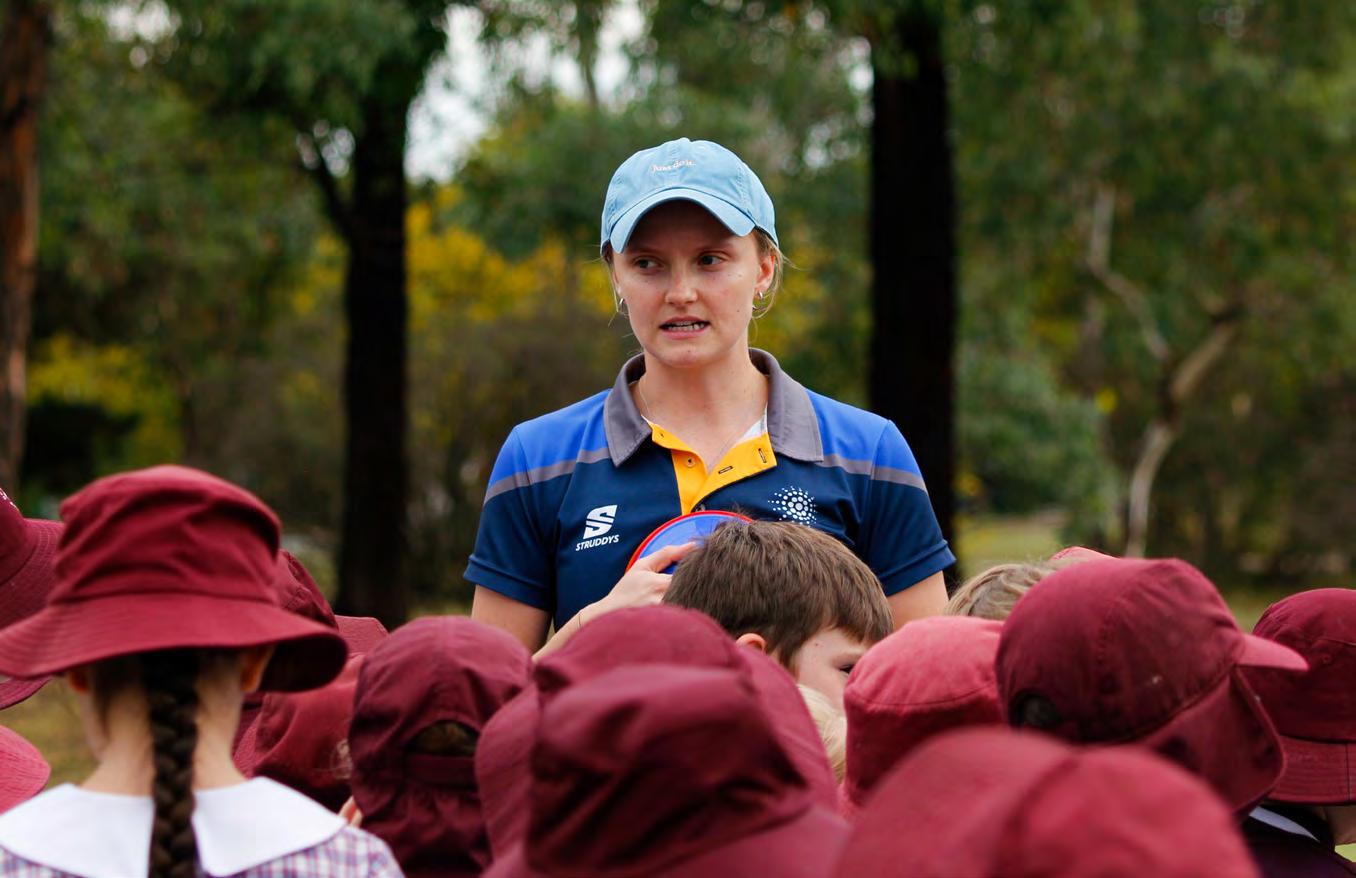
FEELING HEARD, INCLUDED and RESPECTED
Sports at the grassroots level are working hard to ensure children and young people in sport not only feel safe and protected, but also have a voice. Caitlin Hanna is the Participation Coordinator at Netball ACT and managed multiple programs and events enjoyed by children of all ages in the Canberra region.
“This includes school visits, after school programs and competitions, our gala days where we invite lots of schools to compete,” she said.
“We also run a lot of different programs, working with all-abilities groups and working to include more boys and men in our programs.”
A netball player herself since the age of 5, Caitlin is aware of the impact sport can have on a child’s life.
“Netball’s had a really positive impact on my life. I’ve created lifelong friends, it’s taught me to be more confident and to be a team player – it’s just given me so many life skills that I’ll take on into adulthood," she said.
“The physical and psychological benefits netball has had on me is also wonderful, and I think every child should have the opportunity to participate in sport.”
With National Child Protection Week championing the message ‘Every child in every community needs a fair go’, Caitlin believes netball is the perfect sport to do so.
“It’s such an inclusive sport,” she said.
“We’re opening up more and more every year –welcoming more boys and men into our programs, and people with varying abilities, and from different backgrounds.
We work hard to make sure everyone feels heard, included and respected for their different opinions, needs and wants, and to make sure that everyone gets what they want out of netball – from school holiday programs to competitive match play.
“It’s a sport that is so open to giving more to everyone and welcoming them in to make sure that they play sport forever.”
Working with children daily, Caitlin knows the importance of listening and the power of conversations.
“It’s critical to emphasise how important every conversation is with every child, whether they’re upset or having a good time.
Caitlin Hanna

“We work hard to make sure everyone feels heard, included and respected for their different opinions, needs and wants, and to make sure that everyone gets what they want out of netball –from school holiday programs to competitive match play.
“We want netball to be a positive experience, not negative.”
To ensure this, Netball ACT has several measures in place to safeguard children who are participating in sport, including:
•Working with Vulnerable People checks for all our coaches and personnel involved in our programs.
•Inclusive Uniform policy.
•Images of Children policy.
•Social Media and Cyber policy.
•Transgender and Gender Diverse Inclusion Policy.
•Alcohol and Smoking Management Policy.
Netball ACT also adheres to the Code of Conduct and Integrity policies in place through Netball Australia.
Netball ACT regularly communicates in line with these policies to its Associations, players, parents, spectators, umpires and coaches.
“We really want to emphasise the importance of respectful behaviour and ensuring that we’re creating really safe and inclusive fun sporting environments,” Caitlin said.
“It’s important for us to make sure we protect that and make sure everyone feels safe. At the end of the day, our netball is not the Olympics. Not every game is a gold medal match.
“Most importantly, it’s about having fun and making sure everyone wants to keep coming back and wants to play netball for a long time.
“Sport is such a powerful tool in bringing people together and providing so many physical and psychological benefits to kids and the wider community.
“It’s important we have the measures and policies in place to ensure we can create a safe, fun and welcoming sporting environment for everyone.”
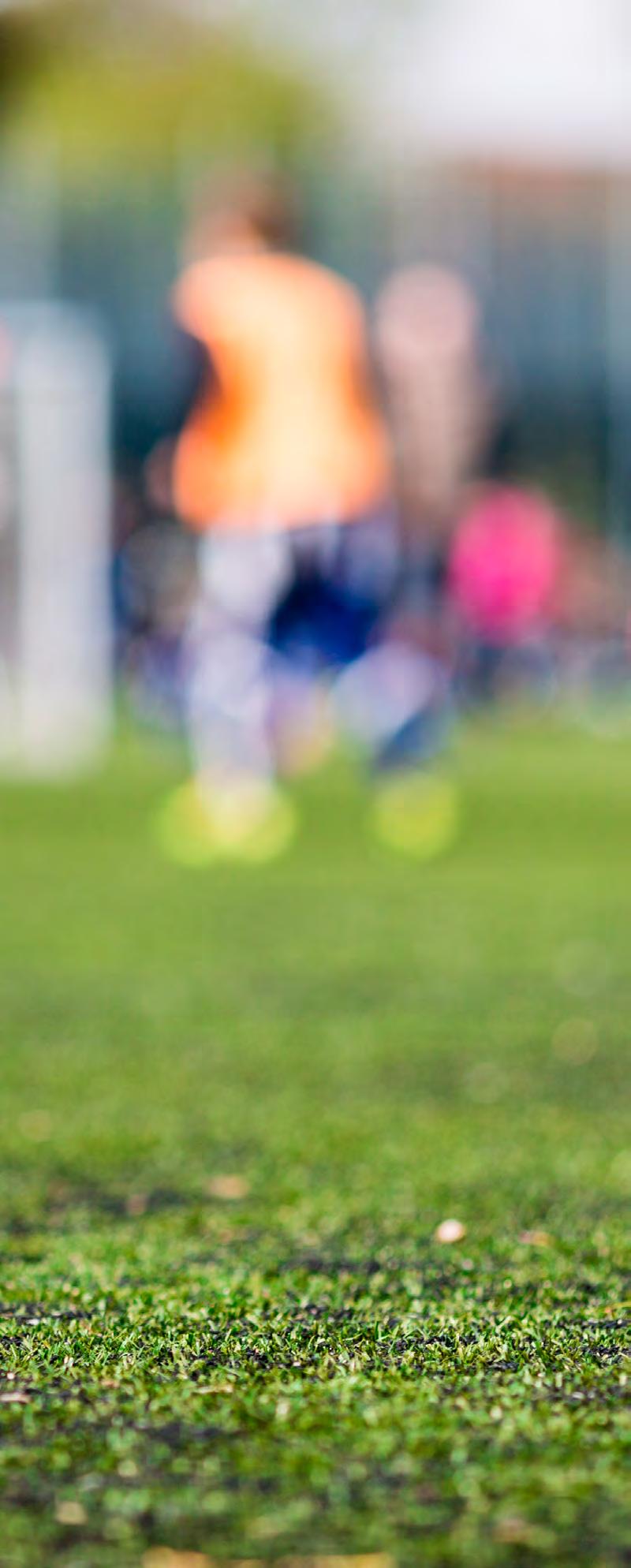
Start to Talk is a national campaign aimed at promoting child safety by encouraging parents and sporting organisations to discuss how to create a child safe environment.
Read, download and discuss Child Safe Sport resources developed in partnership with Sport Integrity Australia.
Don’t take child safety in your sport for granted.
www.playbytherules.net.au/ start-to-talk-campaign

Be the change
The importance of fostering safe sport
Last financial year Sport Integrity Australia received more than 200 integrity matters related to child safeguarding, highlighting that conversations need to continue to protect children and young people.
Parents and carers play an important role in the lives of children and young people participating in sport. We spoke with former Canberra Raiders captain and father of four, Alan Tongue, about what’s important to his family in and around sport, and his work as a youth mentor.
The former NRL champion hung up his boots in 2011 but quickly turned his attention to mentoring young people.
Alan created the Aspire program to rehabilitate young people and equip them with life skills to make positive choices. He now works full time with the National Rugby League using the game he loves as a vehicle to mentor youth in the area of positive behaviours (covering areas such as violence, social cohesion and mental health).
In sport, Alan said he wants his children to have the same upbringing and experience he had.
“You’re out there to do your best, and win lose or draw it’s about representing your club, your family, and being able to do that in safe and fun environment; that’s extremely important to me.
“You want your kids to develop and have that place where you can drop them off – at training or on the weekend – and you know they’ll be able to be themselves, play the sports they love, and do that in a safe way. That means everything to me as a parent.”
Instilling positive messaging around participation in sport has been important to Alan in raising his four children with wife, Katie.
“Firstly, they’ve got to go out there and have fun,” he said.
“Secondly, it’s about making friends. At the end of the day, sport is about the mates that you make and those memories that you can have with them along the way.
“Finally, sport teaches life fundamentals. Aside from the tactics of the game, sport teaches you to win, but more importantly it teaches you to lose.
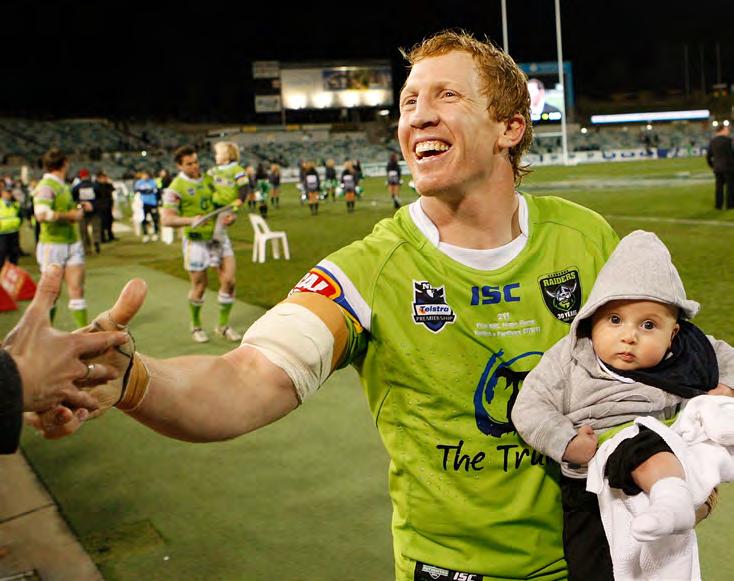
Be the change or be the people that you want to see in community.
“I’m a big believer that the fundamentals you learn out of sport, those values, they’re not just sporting messages, they’re messages that are really important that you can hold onto for the rest of your life.”
With a wealth of experience working with country rugby league clubs, Alan knows the importance of instilling the right behaviour in male players who become role models.
“It’s extremely important for our men in community to understand the influence that they have on the younger generation around them,” Tongue said.
“When I was a young kid growing up, I didn’t want to be a Mal Meninga or Laurie Daley, I wanted to be like the senior footballers back home.
“We know a father or male carer is one of the most important role models in their life. But it gets to a point where they look for other male role models, and often those come from men in your local sporting community.”
And this is a message Alan is using to educate others in the programs he is delivering to young people across the country rugby league community.
“It’s about understanding your influence off the footy field, how you behave, how you treat women, how you treat officials and how you look after your body. It has a huge ripple effect, and it rubs off onto the next generation.
“Be the change or be the people that you want to see in community.”
Former Raiders captain Alan Tongue farewells the crowd.
Safeguarding in Sport Continuous Improvement Program
The Safeguarding in Sport Continuous Improvement Program (SISCIP) was launched in 2022 to help sporting organisations build their capability to provide safe environments for children, young people, and all members to participate in sport.
A recent evaluation questionnaire of the program validated that sports need a program of this nature and how the SISCIP can be enhanced to best support sports to keep children and young people safe.
Review findings show 91% of sports said they would recommend the SISCIP to other sports 82% of sports indicated the program had been very good for improving their understanding of safeguarding 73% of sports agreed they feel more confident in safeguarding as a result of SISCIP


Feedback from the evaluation has been used by the Safeguarding Team to review the SISCIP which has resulted in several changes being implemented, including:
• The SISCIP will be delivered in-house by the Safeguarding Team.
• The questionnaire that will be completed by the sports to assess the sport’s safeguarding practices and processes is now aligned to the National Principles for Child Safe Organisations.
• The SISCIP questionnaire has been built onto the Australian Sports Commission online platform, Game Plan (previously the questionnaire was provided as a word document).
• Currently SISCIP is available to National Sporting Organisations and National Sporting Organisations for People with Disability. Consideration is being given to rolling it out to State Sporting Organisations. A consultation process will be undertaken with stakeholders.
• The SISCIP evaluation questionnaire will be implemented as business-as-usual moving forward. It will be provided to sports to gain their feedback once they have completed the SISCIP. This program will have a recurrent evaluation focus to provide ongoing feedback about the effectiveness of the SISCIP.
There are currently 28 sports signed up to the SISCIP.
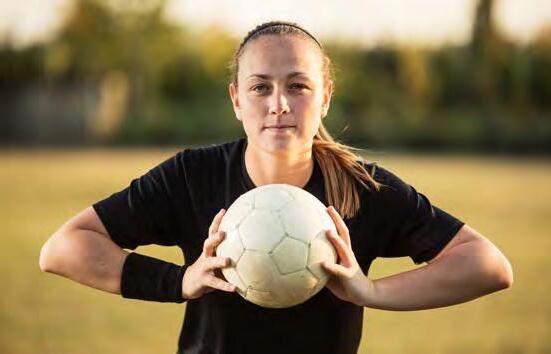

POSTCARD FROM Paris!

INSIGHTS FROM PARIS 2024
Over the last few months, the SIA offices have been abuzz with the Olympic and Paralympic excitement.
Protecting and facilitating fair, safe and clean sport is not just a professional endeavor for our staff but a personal passion too.
Coming off the back of a successful Paris 2024 Olympic and Paralympic campaign, we caught up with a few of our SIA team members who attended the games in both official and voluntary capacities, to find out what the experience meant to them.
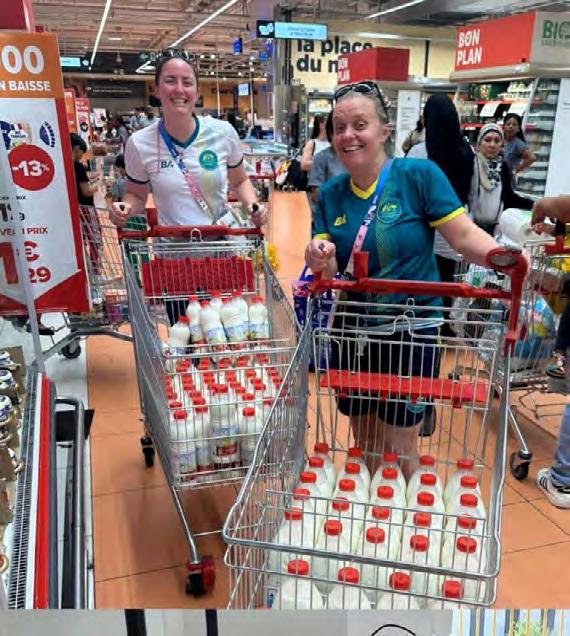

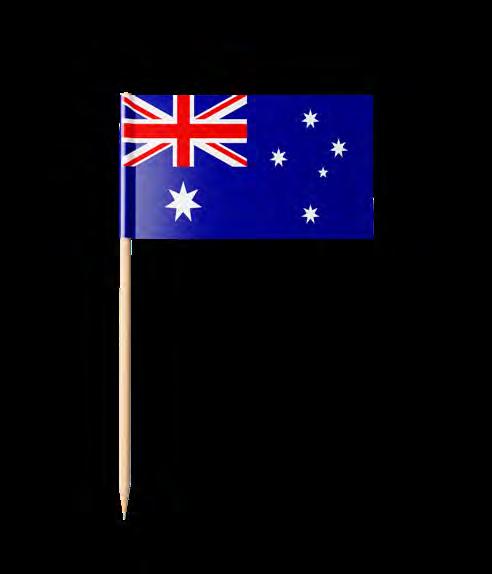
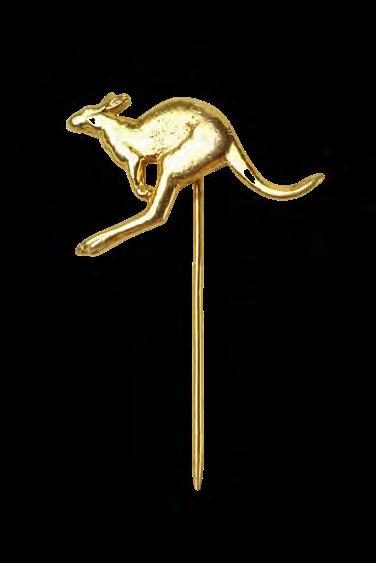
Melissa Cameron ACT, SA & WA State Manager, Field Operations
I recently had the privilege of travelling to the 2024 Paris Paralympic Games to assist the French National AntiDoping Organisation in the planning and implementation of the testing program on behalf of the International Paralympic Committee.
Working in the Doping Control Coordination Centre (DCCC) for the Paralympic Games was an intense and rewarding experience. It was great to meet and work alongside people from Anti-Doping Organisations from all around the World. Being in a position to share knowledge and share cultures with colleagues from other countries was a hugely rewarding experience.
In between shifts at the DCCC I was able to get to a number of events including the wheelchair basketball, wheelchair rugby and the paratriathlon. Witnessing the dedication and resilience of athletes was inspiring. Many had overcome significant obstacles to compete at such a high level. The support from the crowd was amazing. Every athlete was cheered across the line, it didn’t matter what country they were from.
After working in anti-doping for 17 years, this was my first opportunity to attend an international event, and I found it to be a profound learning opportunity that deepened my appreciation for the Paralympic spirit and the commitment to clean competition.
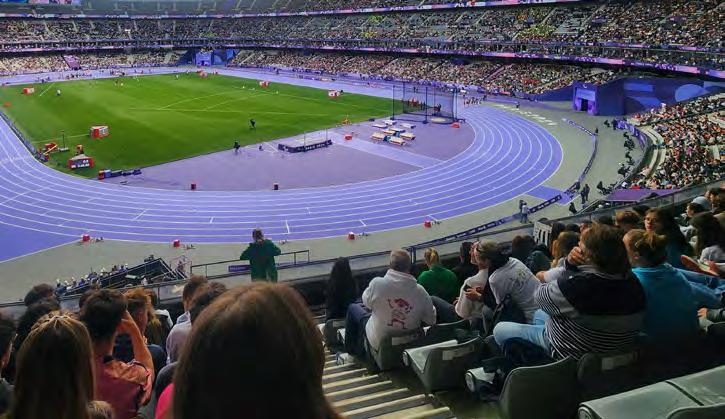




Steve Northey
Assistant Director, Sports Operations
My role specifically at the Paris Olympics was to work alongside the AFLD Paris2024 Anti-Doping team and members of the International Testing Agency, assisting in implementing Out-of-Competition and In-Competition testing plans on identified athletes during the lead-up and the duration of the Games. I was based inside the Olympic Village within the Doping Control Coordination Centre.
This was truly an amazing experience, and walking through the village each day was nothing short of eye-opening in seeing the excitement, preparation and commitment of all athletes to be a part of these Olympics.
It was great to be working alongside so many experienced anti-doping staff from a large number of Anti-Doping Agencies; friendships and experiences that will last forever.
Adam Castle
Assistant Director, Sport Partnerships
I have returned home in total awe of our Paralympic athletes; they were all great representatives of Australia. On any given day in the Paralympic Village, you are sure to see something amazing and it was a real privilege to experience it with Team Australia.
I don’t think we can underestimate how much the Paralympic Games means to people living with a disability and the impact it has on their lives. It was a joy to experience such great competition and see the crowds absolutely embrace all the athletes and teams. My role coordinating transport had many challenges and some very long days, but I was fortunate to take these on with friends and colleagues. I met lots of great people from around the world with incredible stories to tell.
There is no doubt Paris delivered a spectacular Games. A volunteer told me that the Games had restored a happiness to the people of Paris which had been missing for many years.
Caren Hugginson
Sports Operations Officer, Sports Operations
I was engaged by Paralympics Australia as Accommodation Coordinator. There was plenty of lead up work for this role developing the accommodation allocation based on the team size. Not everyone on the team can stay in the village, so there was a lot of time spent prioritising the essential staff to be in the village, and what operational space is required. It’s like a giant jigsaw with people coming and going and taking into consideration competition schedules and accessibility requirements.
It's a constantly changing environment, no day was ever the same and most days are honestly a blur. My role consisted of various tasks from setting up rooms, unlocking doors, moving bags from one spot to another, buying 62 litres of milk, creating Father’s Day gifts and quite a few ‘lost in translation’ interactions with maintenance people. That was usually all before lunch.
I have always been a pretty much go with the flow person and if plans change just go with it, but these types of experiences make you realise that you have to be ready for anything in a Games environment, you also have to be able to let go of a few things and delegate; if it’s not perfect it’s OK. The volunteers were incredible, without their help we couldn’t provide what we do for our Athletes.
I would like to thank SIA for supporting me in this opportunity, to use my skills to help support the sport system. It’s valuable to have a variety of skill sets from across sport involved in major events.
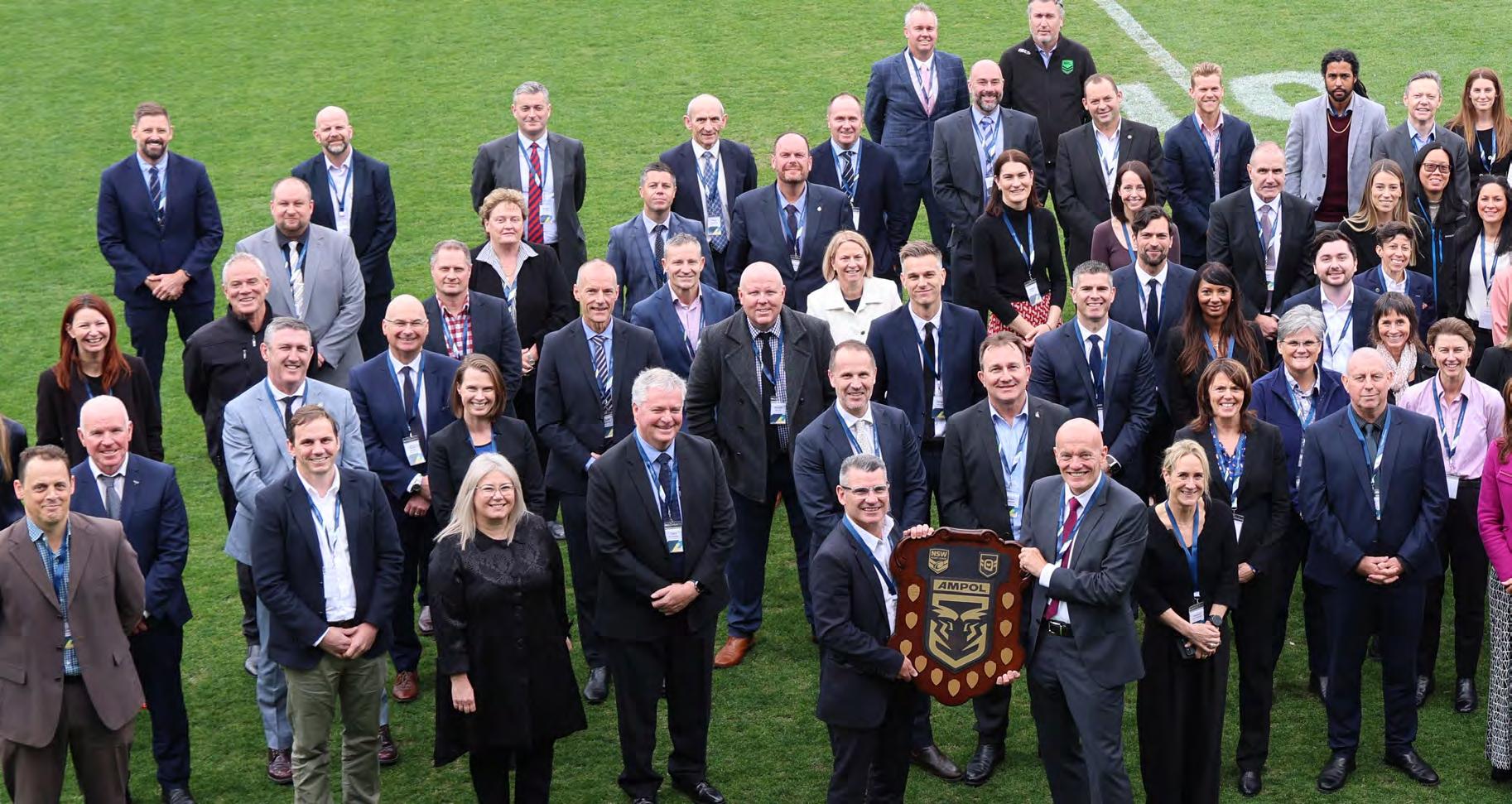
LAW ENFORCEMENT PARTNERSHIPS
Helping prevent & respond to integrity threats
Earlier this year, Sport Integrity Australia developed a Law Enforcement Partnership Program (LEPP) to ensure a proactive agency posture in preventing integrity threats to sports from crime. Sport is global and criminal groups will continue to search for opportunities to penetrate and exploit Australian sport.
This unique Program opens the door to share information under an Australian Law Enforcement Memorandum of Understanding (MOU ) framework and collaborate on activities to prevent and respond to integrity threats to sports, where a criminal nexus exists. It brings focus, coordination and commitment to a diverse range of initiatives identified at the domestic and international level, in partnership with Law Enforcement.
As an important part of this Program, Sport Integrity Australia held its fourth annual Threats to Sport Integrity Law Enforcement Conference in July 2024.
The Threats to Sport Integrity Law Enforcement Conference is an annual commitment under Sport Integrity Australia’s National Strategy for Information Sharing with Australian Law Enforcement and Intelligence agencies.
This year the Threats to Sport Integrity Law Enforcement Conference uniquely brought together
international and domestic experts to discuss, share, collaborate and engage on a wide and diverse range of sport integrity matters.
For the first time, global experts attended the conference, including the World Anti-Doping Agency (WADA), INTERPOL and the United Nations Office on Drugs and Crime (UNODC), to join forces and strengthen transnational relationships to safeguard and protect the integrity of sport from crime and corruption.
Domestically, representatives from state and territory Police, Australian Federal Police, Australian Border Force, eSafety Commissioner, the Australian Criminal Intelligence Commission, sporting organisations and industry partners came together and reaffirmed their commitment to achieving a coordinated and collaborative approach to combatting criminality in sports.
Held over two days, this significant conference focussed on a diverse range of areas threatening the integrity of

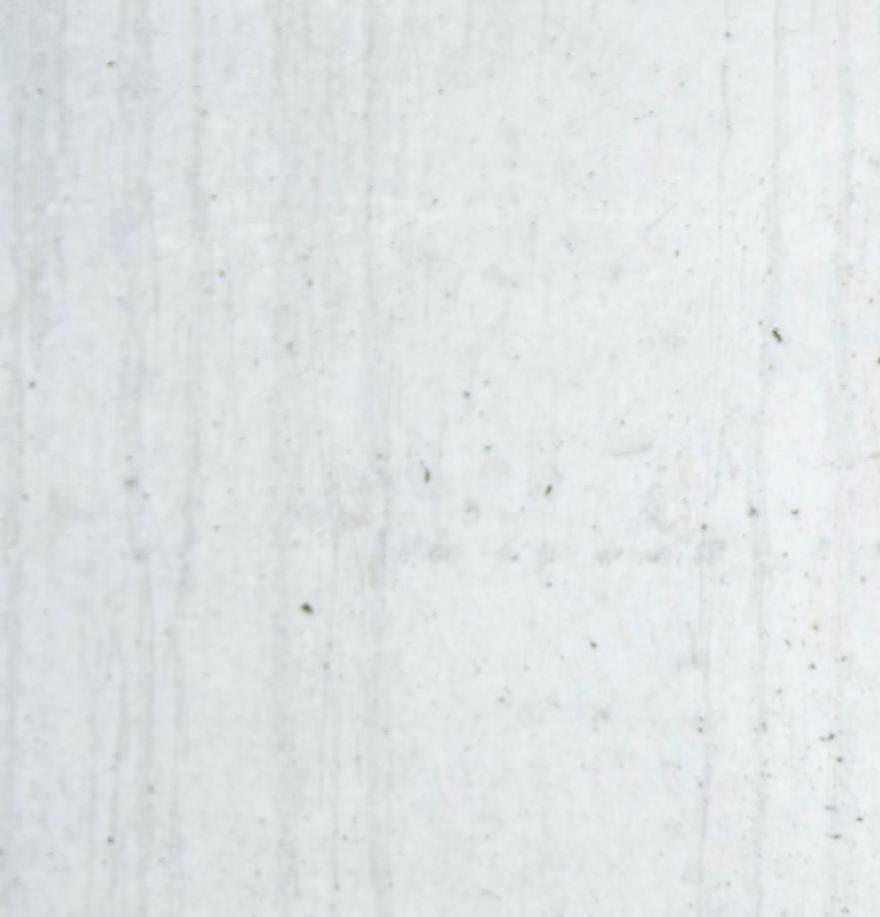
2025 ANNUAL UPDATE
Learn how to tackle real-world situations you may face in sport like:
Identifying substances that are banned in sport.
“
We must continue to share information, intelligence and best practice, enabling us to protect sport and its participants both domestically and internationally.
sport including organised crime links with sports, child safety and online safety, performance and image enhancing drugs, illicit drugs and online crime and corruption.
Acting CEO, Dr Sarah Benson, said that no single existing entity held all the intelligence, data, resources or capabilities to effectively address integrity threats by itself.
“We must continue to share information, intelligence and best practice, enabling us to protect sport and its participants both domestically and internationally.”
Importantly, the Conference allowed this unique community of sport and Law Enforcement partnership to share information about strengthening ways to prevent and respond to integrity threats, so that it can better influence local and global efforts to protect sport.

Responding to an approach to manipulate a competition.
Spotting behaviours that are unsafe for sport participants
Protecting sport participants aged under 18
Ap THEHERE'S AN p FOR THAT
The Sport Integrity app was developed by Sport Integrity Australia to help Australian athletes compete clean.
Worried your supplements might include a banned substance?
Need to know if your medication is on the World Anti-Doping Agency Prohibited List?
Need to apply for a Therapeutic Use Exemption? Want to report an integrity issue?
Well, we can happily tell you there’s an app for all of that!
Our app includes tools to:
J Check medications on Global DRO.
J Find low risk ‘batch-tested’ supplements.
J Report an integrity issue or suspicious activities.
J Check whether you need an in-advance Therapeutic Use Exemption.
J Give feedback or ask a question about integrity matters.
J Find out guiding information on all sport integrity issues, anti-doping rules, testing programs, health effects of doping, supplement and nutrition advice and more.
The Sport Integrity App has been downloaded by more than 100,000 Australians and is free to download from Google Play or the App Store.
Director of Education Alexis Cooper said the app is a one-stop-shop for athletes and coaching teams and an important element in creating education and awareness.
“Since the launch of the app in 2018, we’ve seen the number of antidoping cases caused by supplements reduce from 17 athletes a year, to zero athletes caught out in 2022 and to-date in 2024.”
“Having a tool like this in your pocket makes it easier than ever to stay clean in sport.”

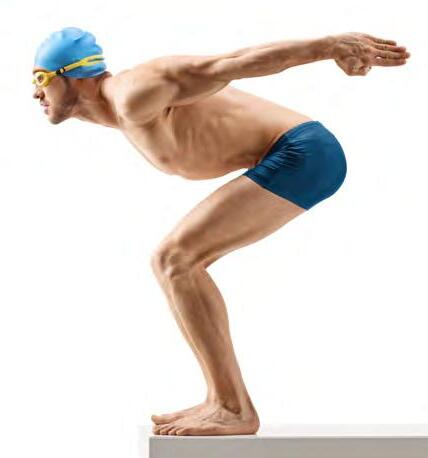
TUE Checker
Have you heard about our TUE checker?
The TUE Checker is now available as a website resource to make it easier for athletes to check if they need to apply for an in-advance Therapeutic Use Exemption (TUE).
A TUE is an exemption that allows an athlete to use, for therapeutic purposes only, an otherwise prohibited substance or method (of administering a substance).
If an athlete meets one or more of the criteria listed on the TUE Checker, an in-advance TUE must be applied for.
The TUE Checker asks a series of questions like:
J Is your medication prohibited?
J What sport you’re involved in?
J Questions specifically related to your sport.
The selections made will determine if an in-advance TUE is needed.
If an athlete is required to apply for an in-advance TUE they will then be asked to enter their diagnosis. Once the diagnosis is selected the appropriate documentation is provided for the athlete to complete.
The World Anti-Doping Code – International Standard for Therapeutic Use Exemptions (ISTUE) outlines the strict criteria that needs to be met for a TUE to be granted.
The TUE Checker is available on the SIA APP and the SIA website: www.sportintegrity.gov.au/what-we-do/therapeuticuse-exemption-tue
Please note, if an athlete has been notified by Sport Integrity Australia (SIA) of their inclusion on the SIA Registered Testing Pool/Domestic Testing Pool, they are required to apply for an in-advance TUE irrespective of the sport being listed or not.
We have resources for children and young adults to help them better understand what sport integrity means for them.
You can download age-specific fact sheets from our website.
www.sportintegrity.gov.au/ what-we-do/safeguarding
SNAPSHOT OF GLOBAL ISSUES

ANTI-DOPING
CRICKET
ENGLAND
Leicestershire seamer Chris Wright served a nine-month suspension after testing positive to a prohibited substance in September 2023. The cricketer had just re-signed when he was charged with two Anti-Doping Rule Violations. Wright was free to return to competitive cricket on 19 July 2024.
ATHLETICS
FRANCE
Marathon runner Mehdi Frere has received a two-year ban after he missed three whereabouts checks. The 27-year-old French National missed his home Olympics as a result of the ban. Athletes are required to provide their whereabouts for anti-doping tests. Three non-compliance filing failures or missed tests within a 12-month period may constitute an Anti-Doping Rule Violation.
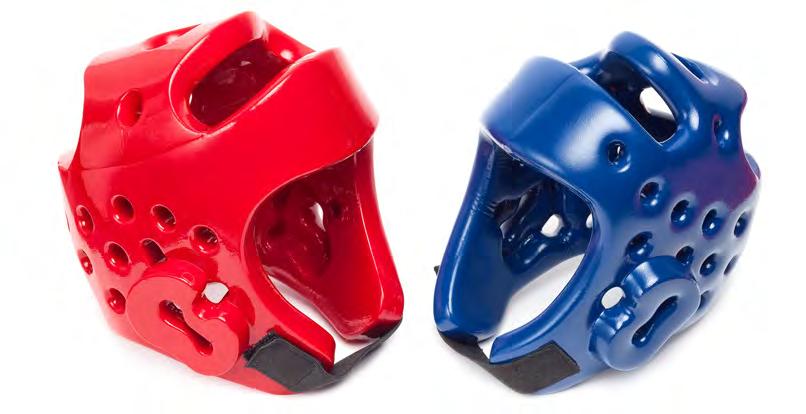
TAEKWONDO
ENGLAND
Olympic gold medallist Jade Jones has avoided suspension after she was unable to provide a urine sample for testing in the lead-up to the Paris 2024 Olympics. She was provisionally suspended by UK Anti-Doping, and was able to provide medical records which supported the athletes “no fault” claims for not submitting to a urine test.
ATHLETICS
SURINAME
Surinamese sprinter Issamade Asinga received a four-year ban in August 2024 from the Athletics Integrity Unit after testing positive to performance enhancing substance, cardarine. Asigna’s record was stripped following the sanction. Asinga has since filed suit against global brand Gatorade, claiming that the contamination was caused by their “recovery gummies”.
VARIOUS
AUSTRALIA
Police arrested one man and seized steroids and other prescription drugs worth an estimated $5 million dollars in Canberra. Raids conducted in Victoria and the Australian Capital Territory have uncovered what police allege is the largest controlled steroid and prescription drug distribution network in Australia. It is alleged the crime syndicate used postal services and encrypted messaging apps to supply the drugs.
Pole vaulter Eleni-Klaudia Polak was disqualified from Olympic competition following a positive result to banned substances. Polak received a provisional ban while waiting to compete at the Paris Olympics. The Hellenic Anti-Doping Agency advised that they were made aware of the violation on the same day Polak competed in the qualification round.
GOLF USA
Irish golfer Graeme McDowell has received a suspension and been fined $125,000 by LIV Golf for violating the organisation's anti-doping policy. The former U.S Open winner tested positive to banned substance
R-methamphetamine. McDowell claims the contamination resulted from using an over-the-counter nasal decongestant which contains the banned substance.
TENNIS ITALY
Men’s world number one Jannik Sinner has avoided suspension following a positive test to a banned substance. Sinner returned a positive result for Clostebol, an anabolic androgenic steroid. An independent tribunal found that Sinner bore “no fault or negligence” after trace amounts of the prohibited substance were traced to ointments used by the tennis player’s physiotherapist.
MATCH-FIXING/GAMBLING
NRL AUSTRALIA
North Sydney Bears coach Pat Wiesner has been deregistered and stood down following investigations into online bets which were found to violate the NRL and NRLW code of conduct. Weisner has been banned from coaching until 1 January 2026.
CRICKET SRI LANKA
Spinner Praveen Jayawickrama has been charged with three anti-corruption code breaches after he was approached to fix matches. It is alleged the 25-year-old was approached to fix international matches. It is reported that the bowler is also facing obstruction charges after deleted messages, relating to the approach, were uncovered.
SAFEGUARDING
BASKETBALL FRANCE
French-born postdoctoral research fellow of Victoria University Dr Aurelie Pankowiak has given a personal account of the sexual abuse she faced as a teenager playing basketball. Dr Pankowiak has called into question whether current child safeguarding measures in Australia are meeting safety needs and whether Olympic and competition success is still seeing way to abuse in sport.
CRICKET AUSTRALIA
Former under-19 captain Dean Reynolds has filed a $4 million lawsuit against Cricket Australia for alleged sexual abuse. Reynolds alleges he was assaulted by his former coach while in Mumbai, India when he was 17 years old.
SOCCER KAZAKHSTAN
Kazakhstan’s Football Federation President Adilet Barmenkulov is under investigation for alleged match-fixing and corruption. Barmenkulov released a video statement on social media acknowledging that the fixed matches occurred in the past and are no longer happening. UEFA is investigating whether Barmenkulov was complicit in the alleged corruption and match-fixing.
CRICKET AFGHANISTAN
Cricketer Ihsanullah Jannat has received a five-year ban from all forms of the sport for match-fixing. The 26-year-old admitted to the corruption charges presented by the Afghanistan Cricket Board. Jannat was found guilty of violating the ICC’s Anti-Corruption Code.
SWIMMING AUSTRALIA
Ruize Wang, 21, was arrested and charged with 25 offences relating to new allegations. Wang was accused of possessing more than 6000 child abuse images and videos when he was convicted as a child sex offender in March 2023. It is alleged Wang engaged in child-related work as a swimming instructor at Sydney’s Olympic Park following his conviction, which prohibits working with children.
HOCKEY AUSTRALIA
Indoor hockey coach Lauren Austin has been banned from coaching while on bail for charges of child sexual assault. Austin, 39, is accused of sexually assaulting the minor while in her position as coach.

GENERAL INTEGRITY
VARIOUS AUSTRALIA
Prior to his departure, former Sport Integrity Australia CEO David Sharpe called out organised crime syndicates who are preying on and infiltrating Australian sport. The former AFP Assistant Commissioner has warned that sports are becoming susceptible to illicit activities ranging from illegal drug importation to offshore match-fixing.
AFL AUSTRALIA
Cyril Rioli has lodged a statement of claim in federal court against Hawthorn. The First Nations athlete has alleged breaches of the Racial Discrimination Act by his former club. Rioli has filled the claim on behalf of himself, his wife, two other former players and their wives, claiming they were all subjected to racism at the Melbourne club.
VARIOUS POLAND
Poland Anti-Doping Agency (POLADA) has fallen victim to major data hack resulting in the leak of over 50,000 confidential files. A Ukrainian “hacktivist” group has claimed responsibility for the breach stating the attack was in response to the Olympic Games being used as a “political oppression instrument”.
SOCCER SINGAPORE
Representatives of FIFA have launched an updated Integrity Handbook which provides guidance on integrity initiatives, investigations and disciplinary processes. The handbook supports FIFA’s 2023−27 strategic objectives and was presented at the FIFA Integrity Summit in Singapore.
NFL USA
The National Football League (NFL) has appointed integrity representatives to each team in an attempt to support the league’s gambling policy. Many of the integrity representative roles have been filled by former US law enforcement.
